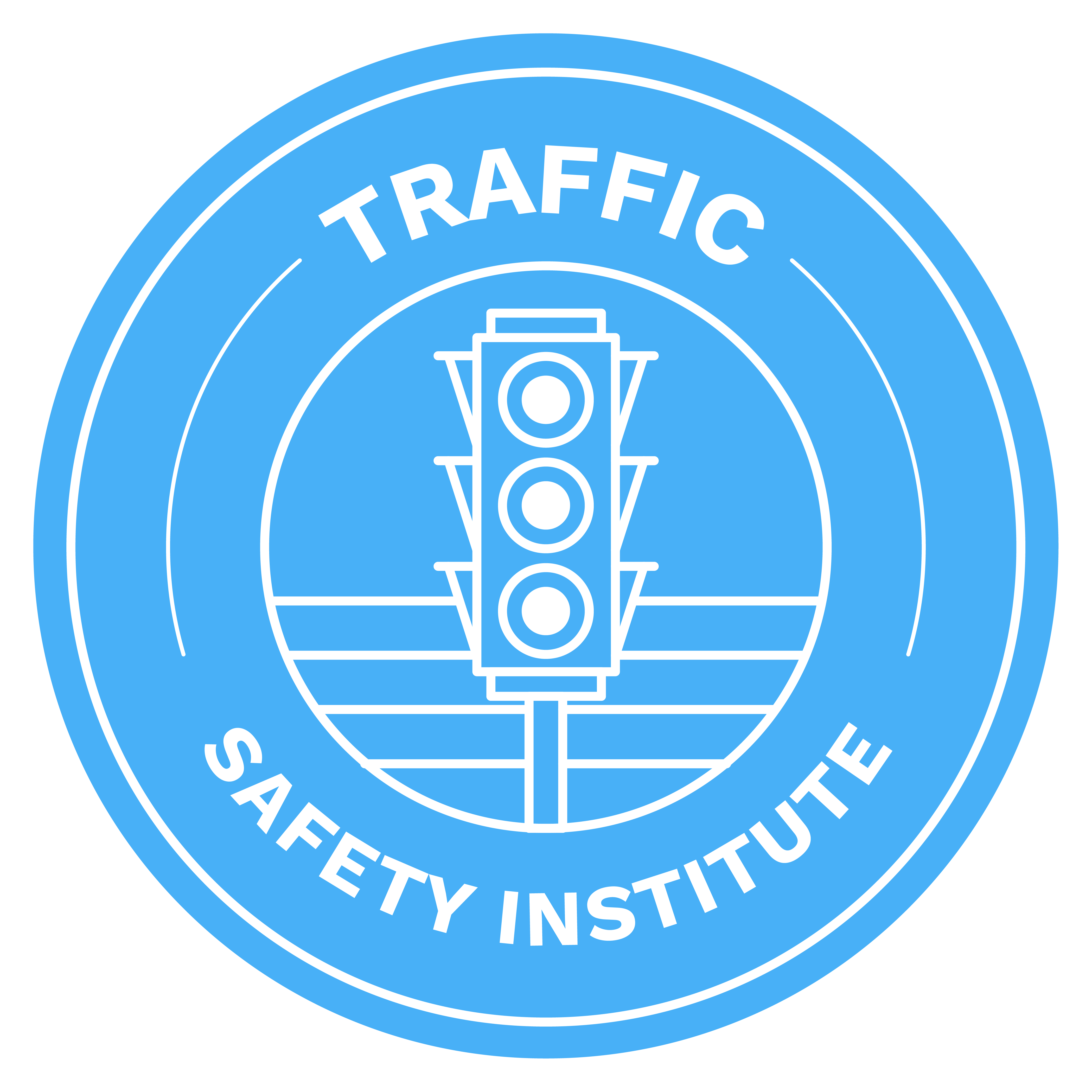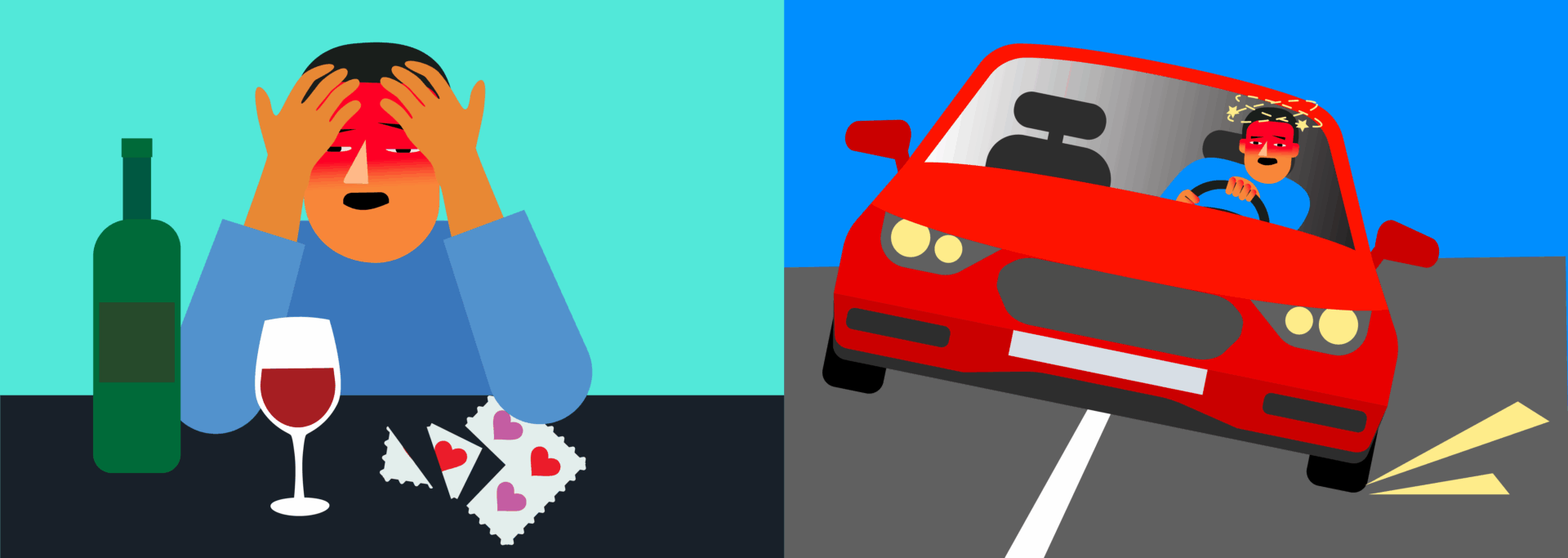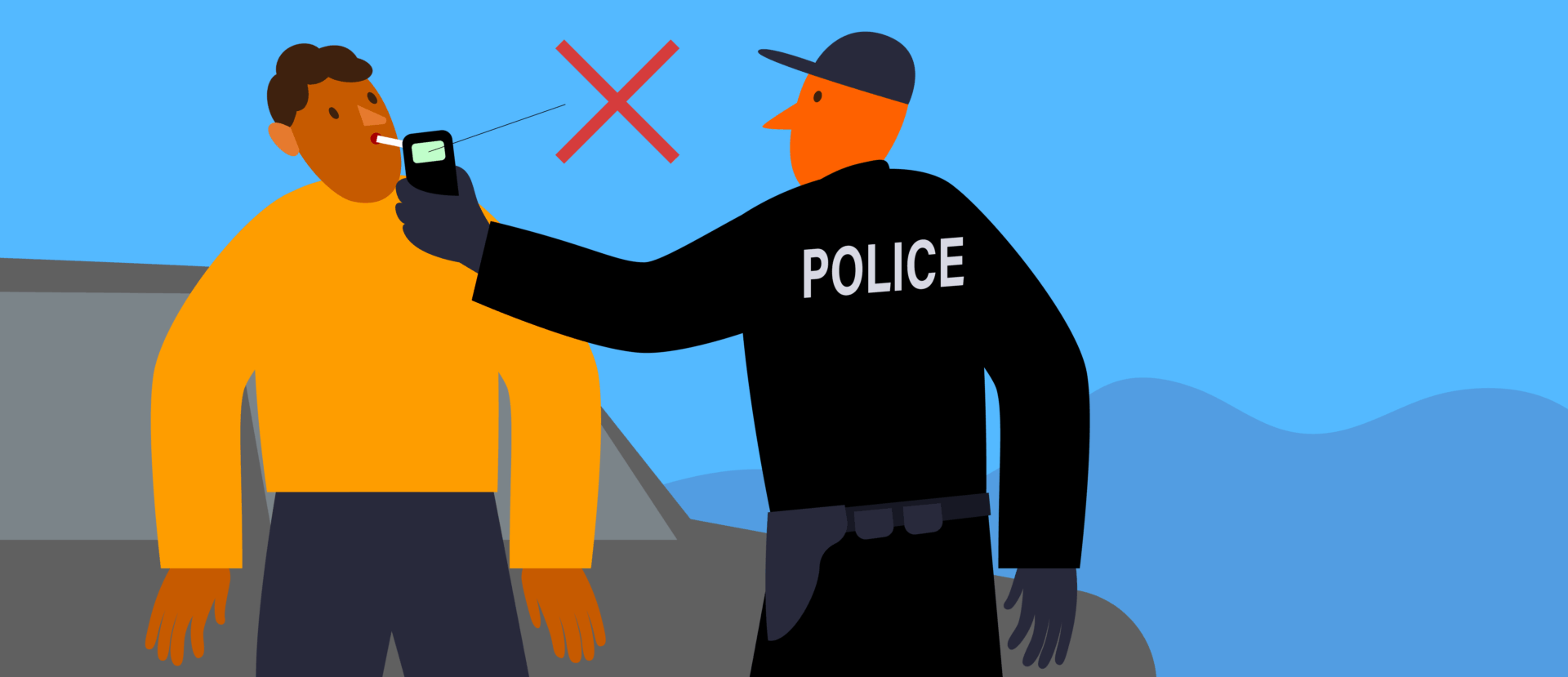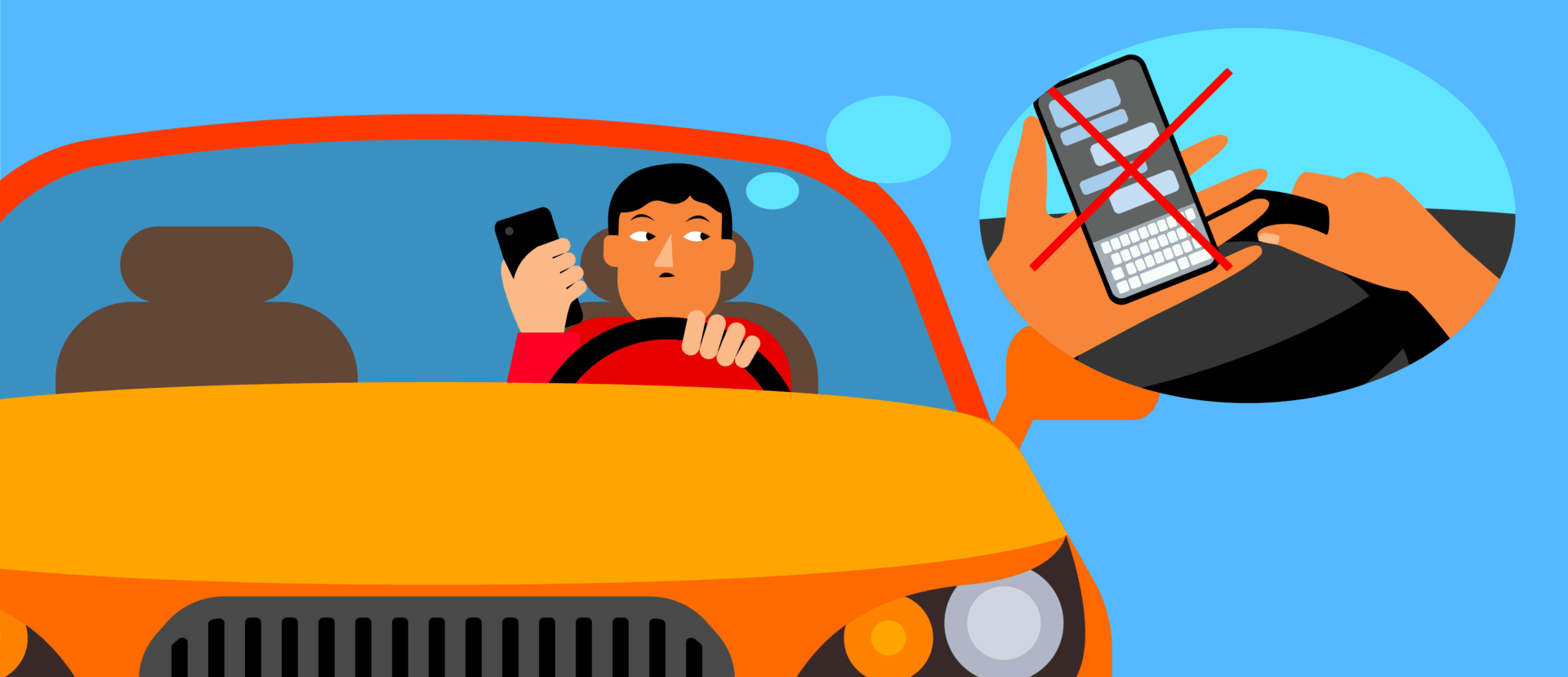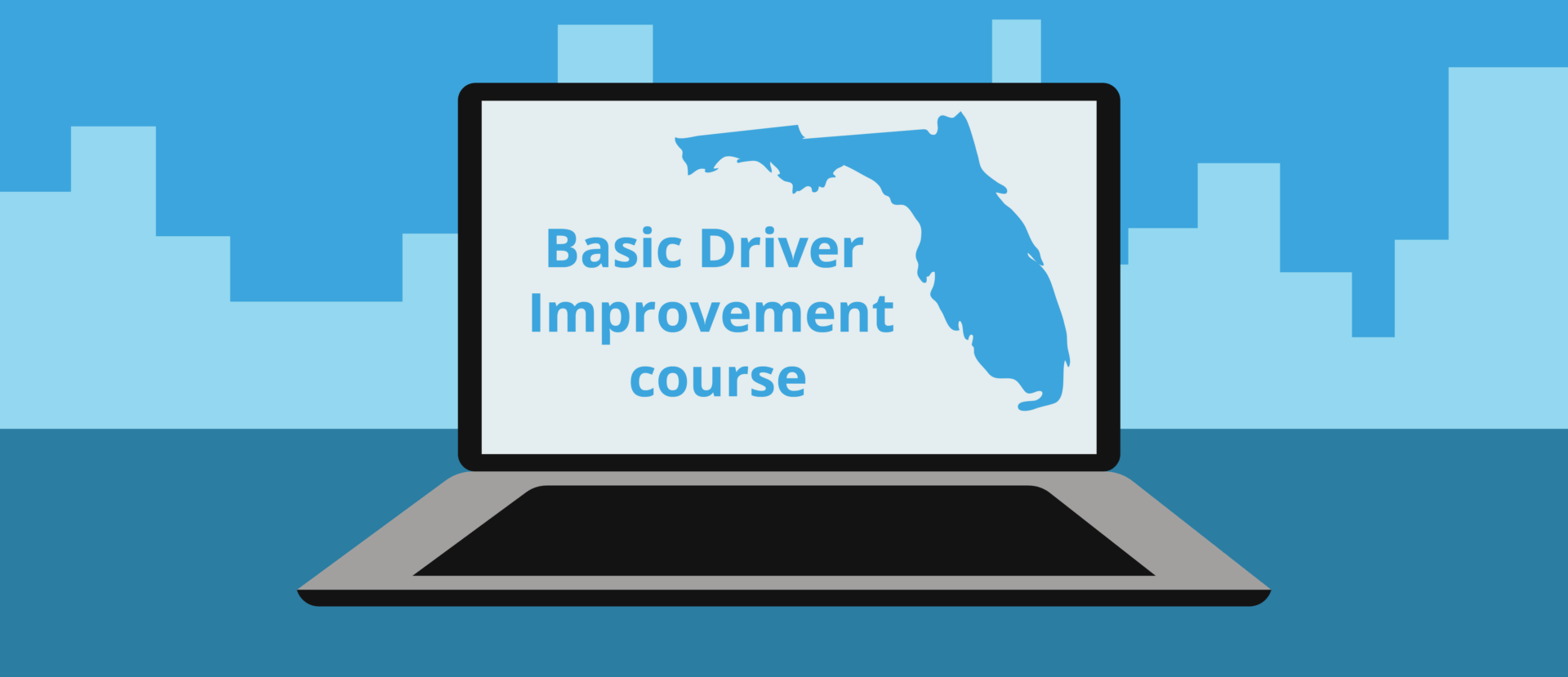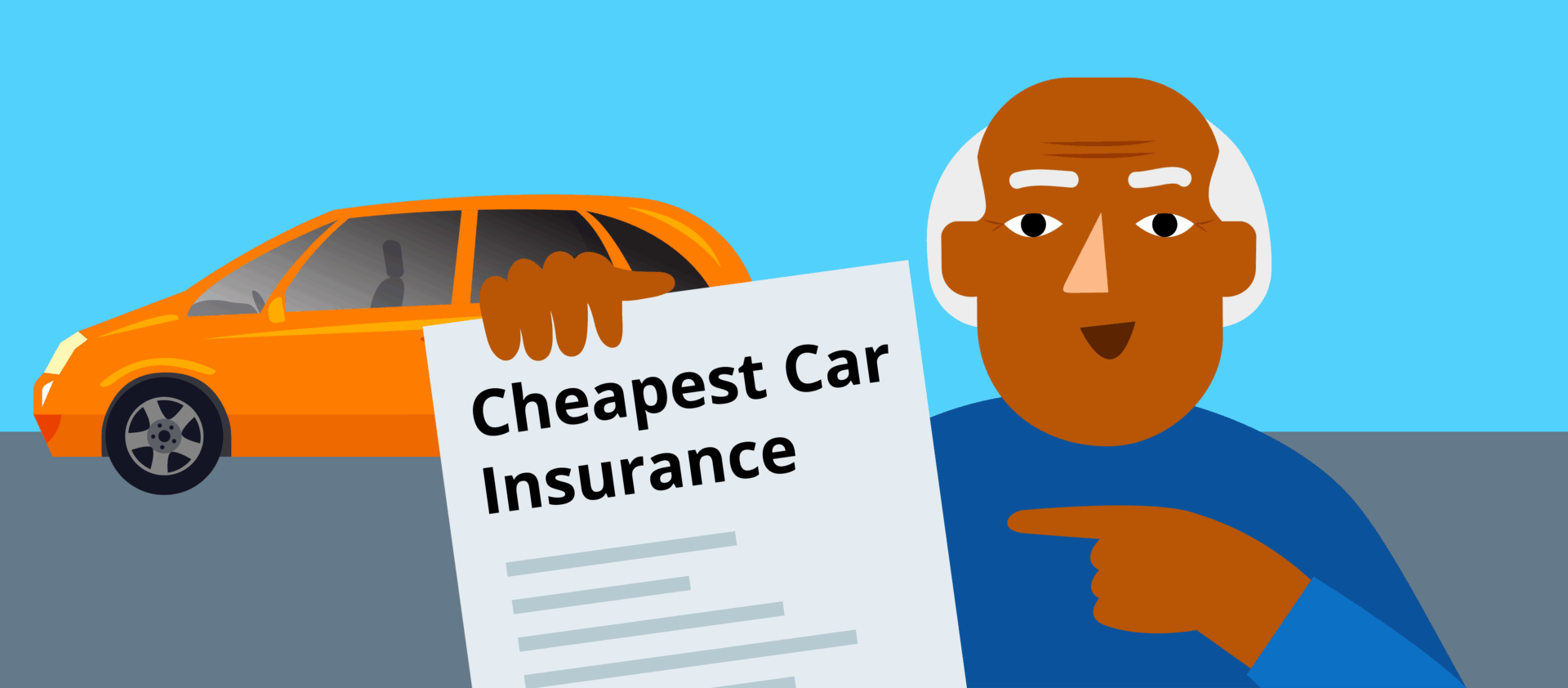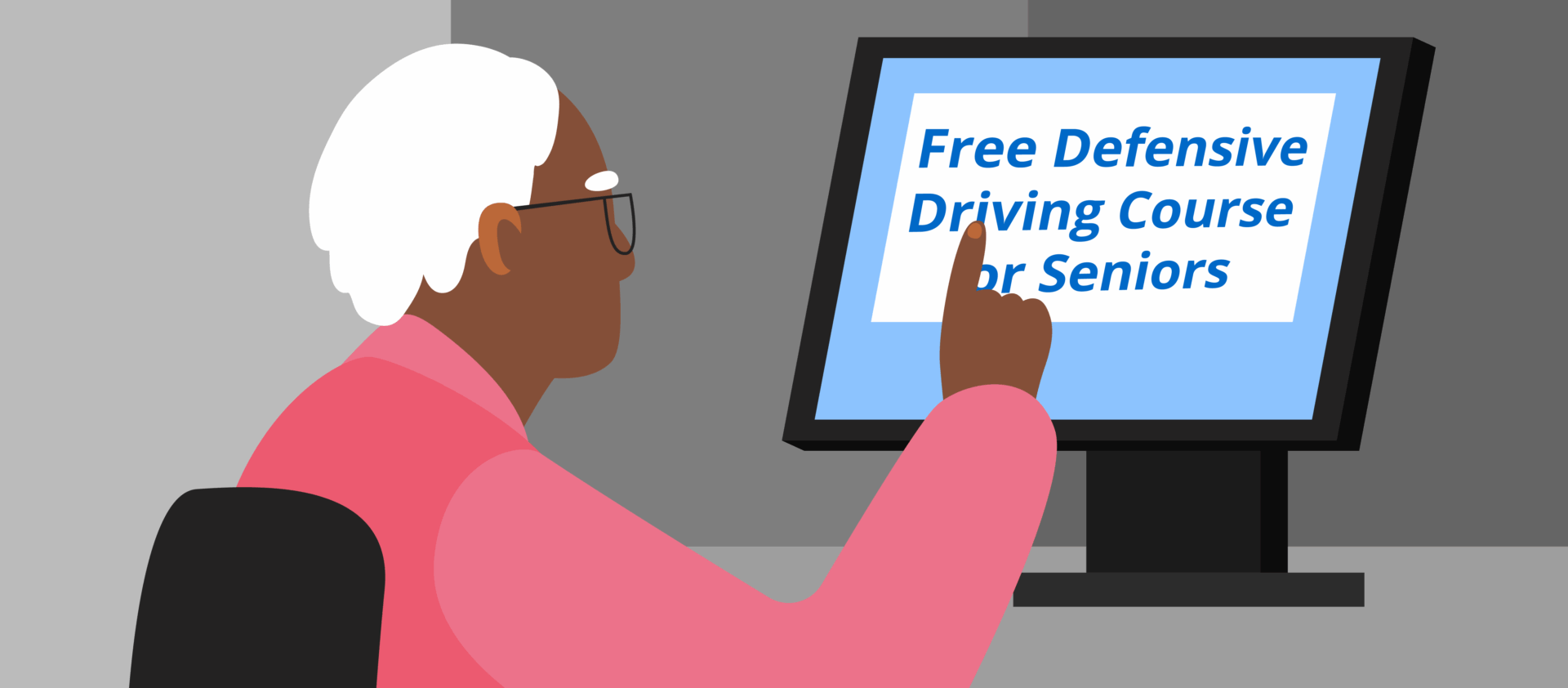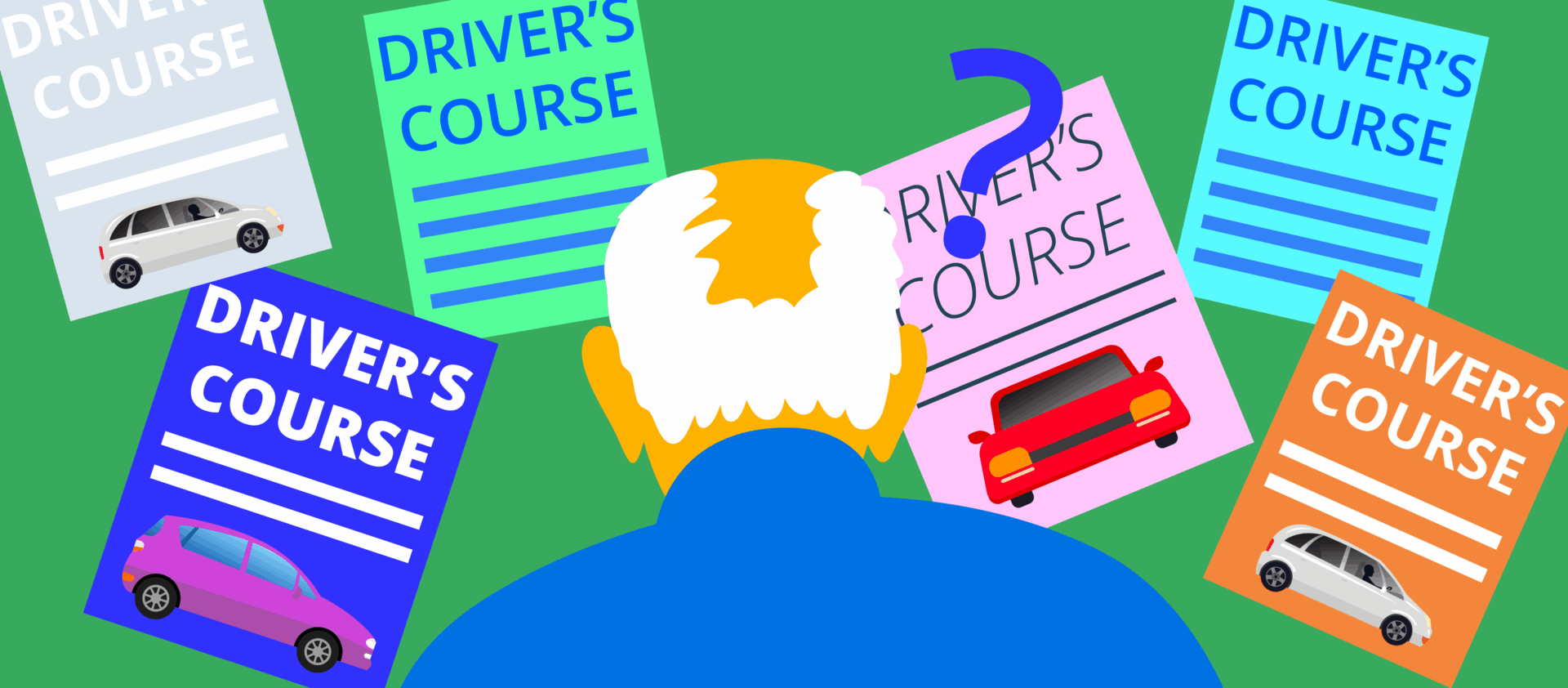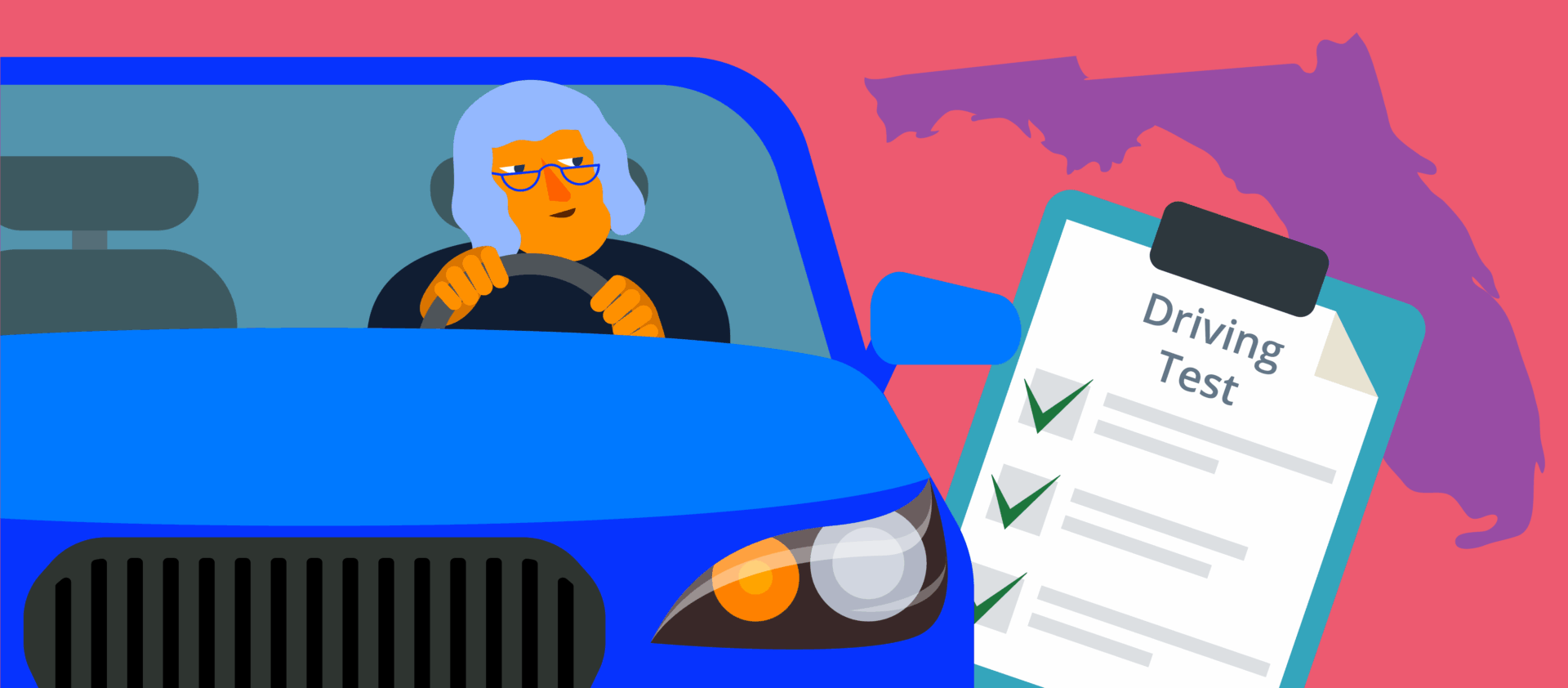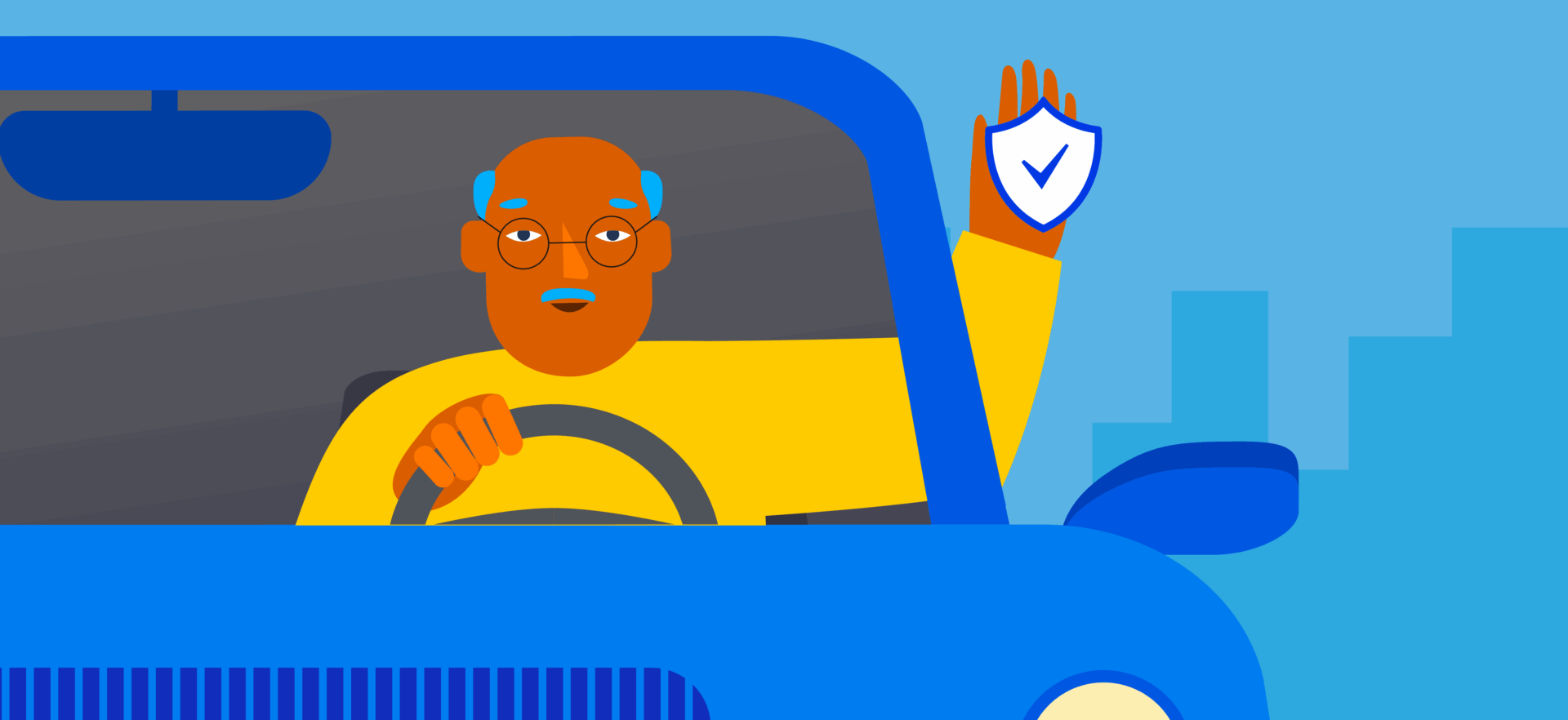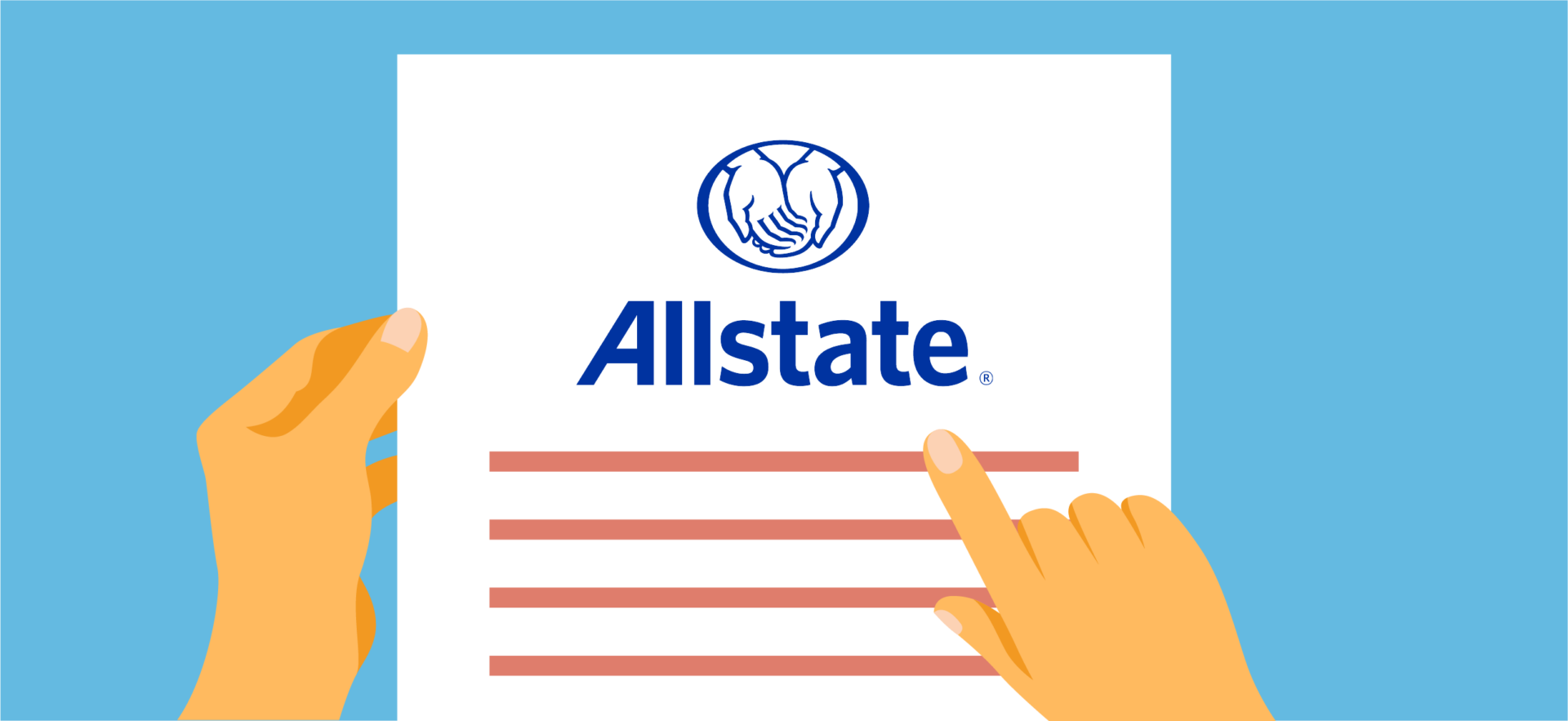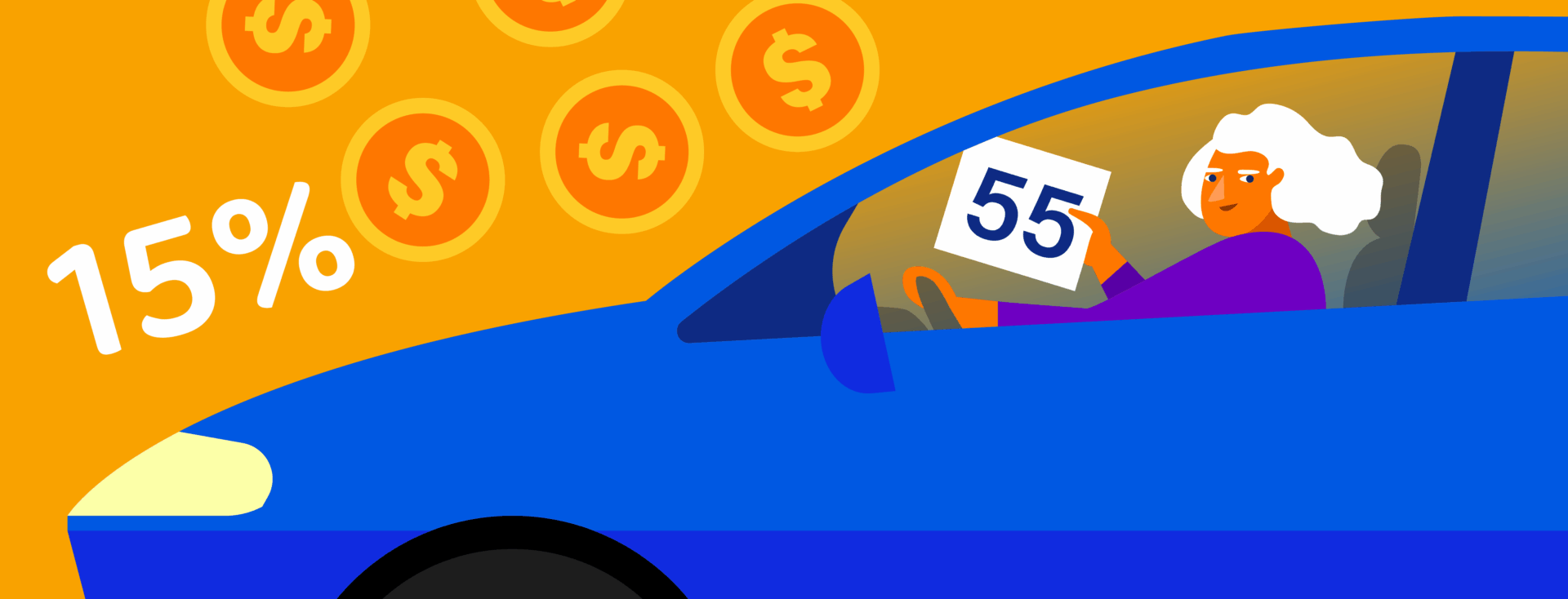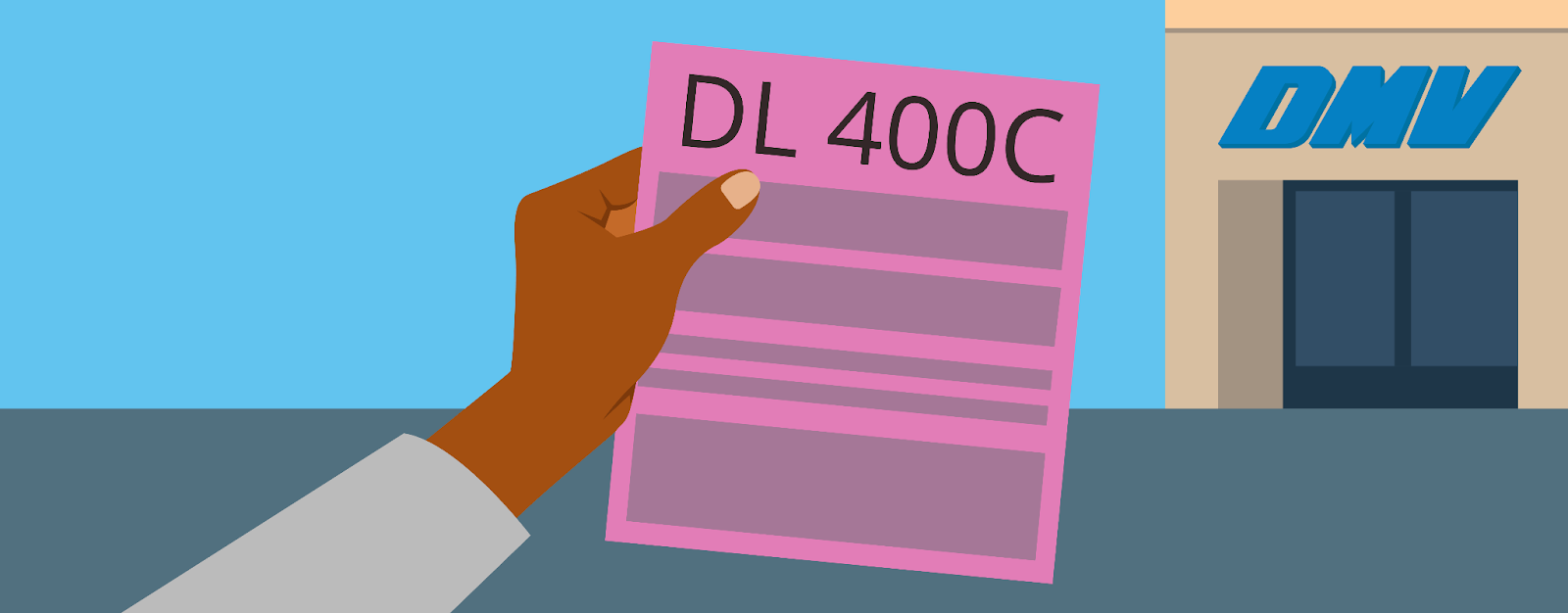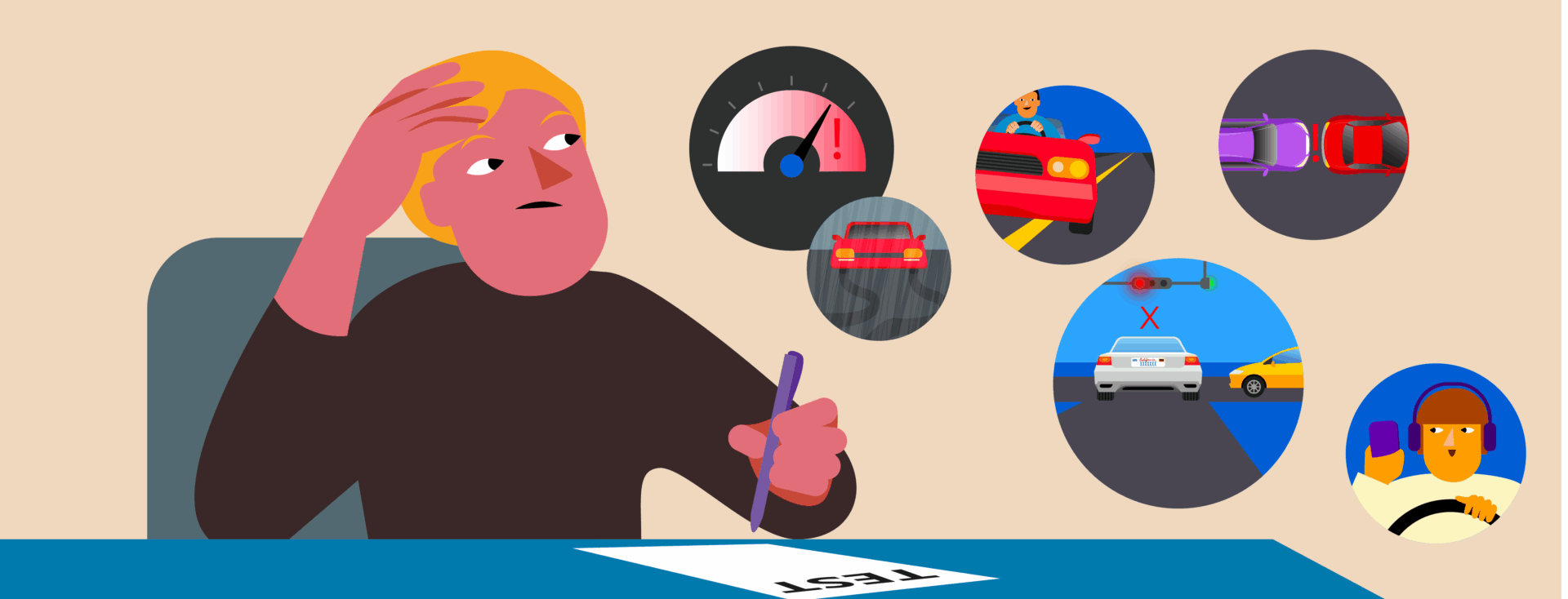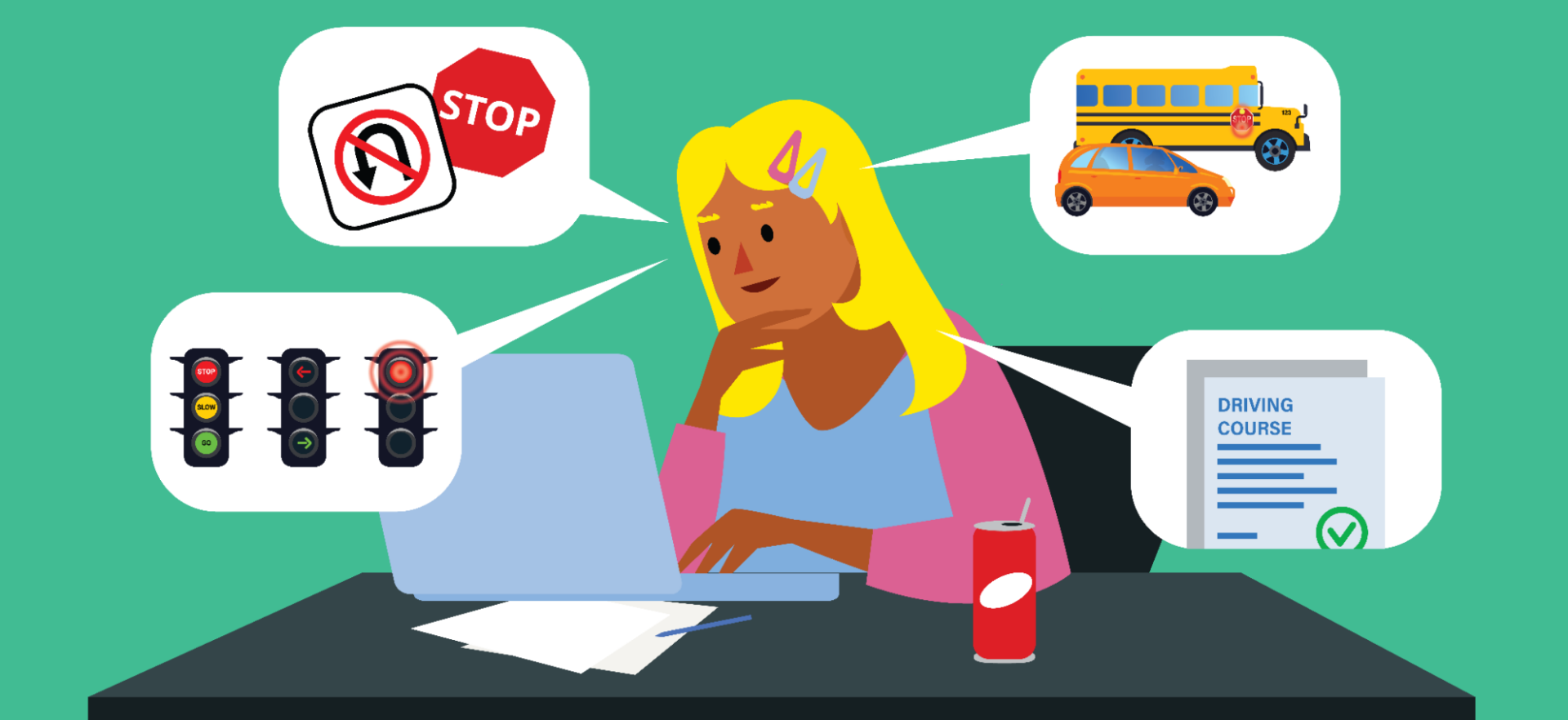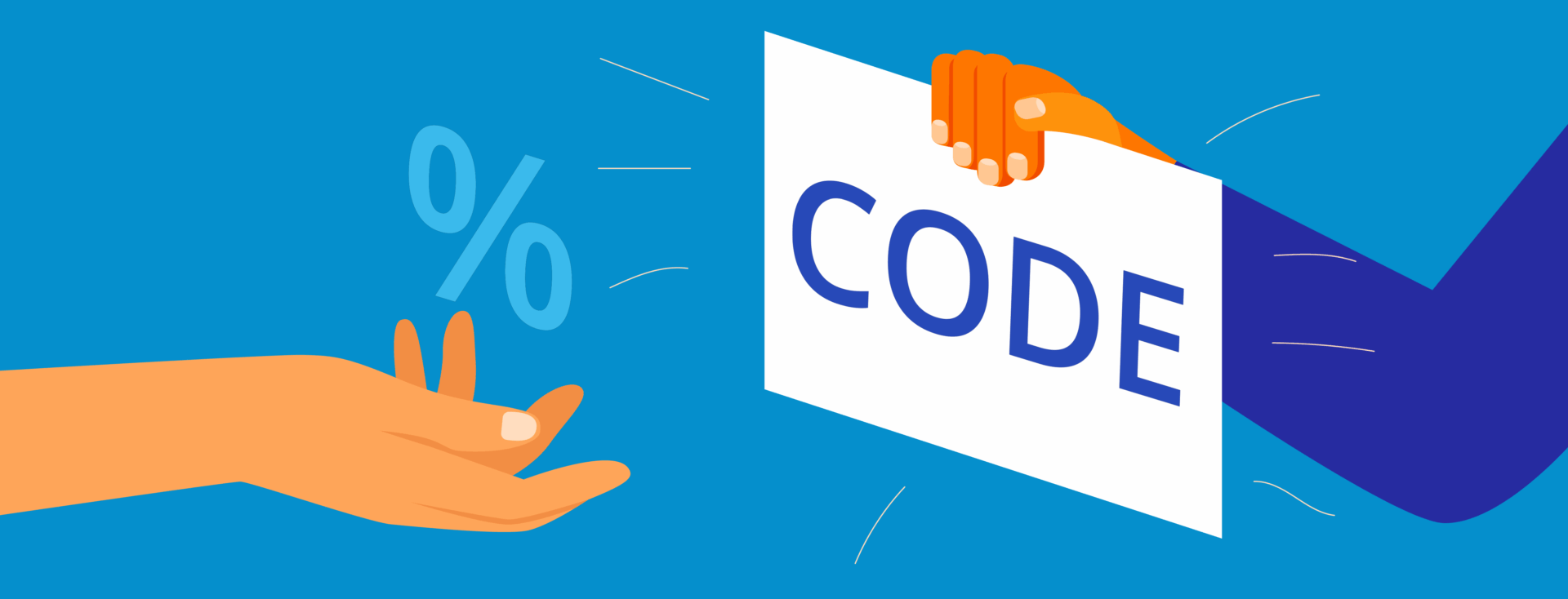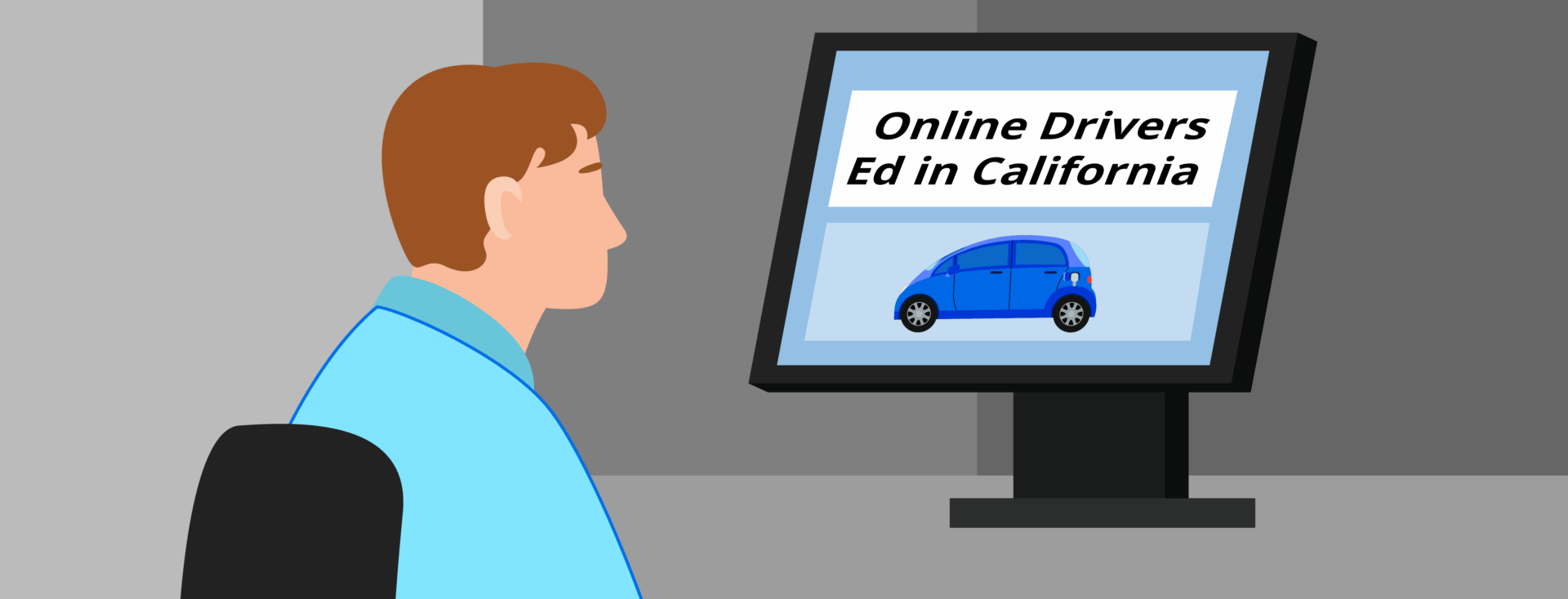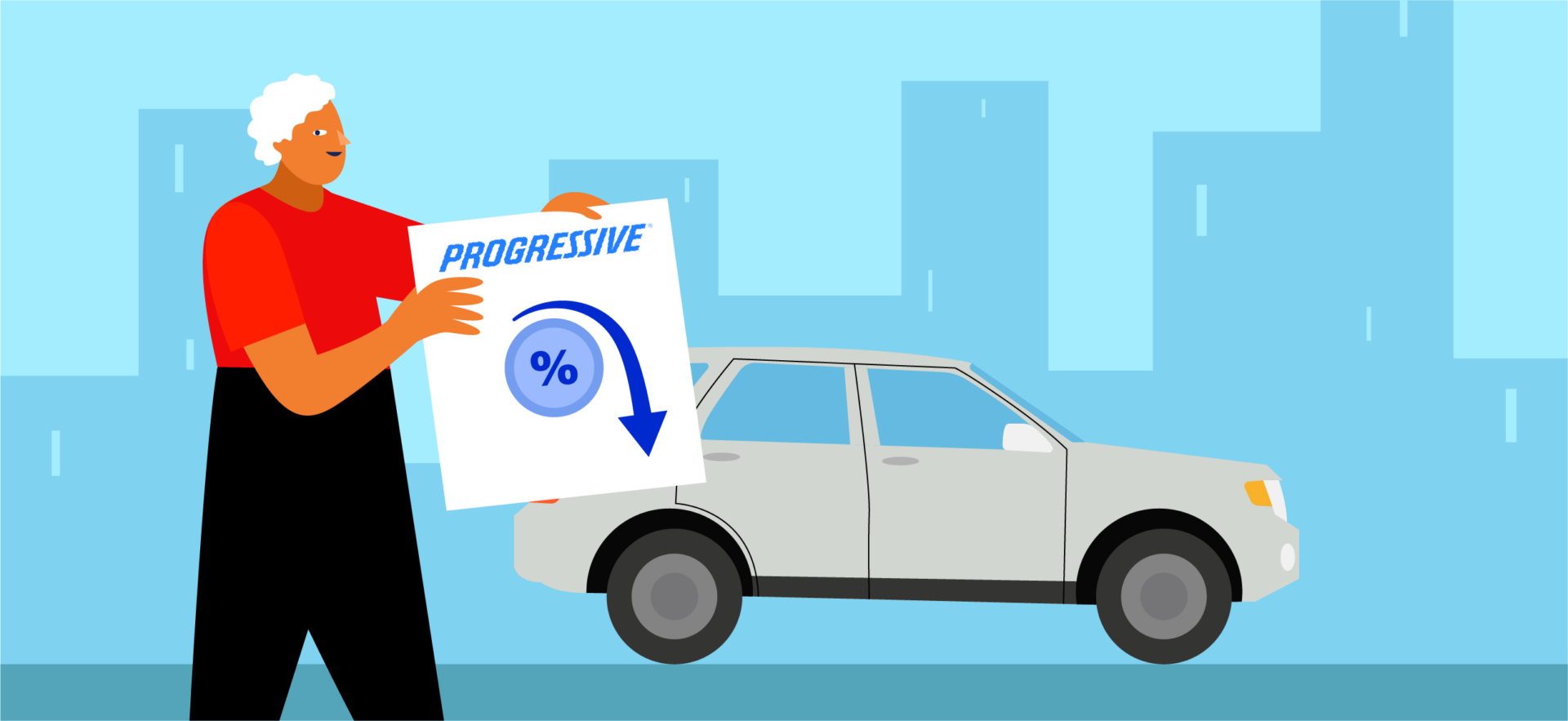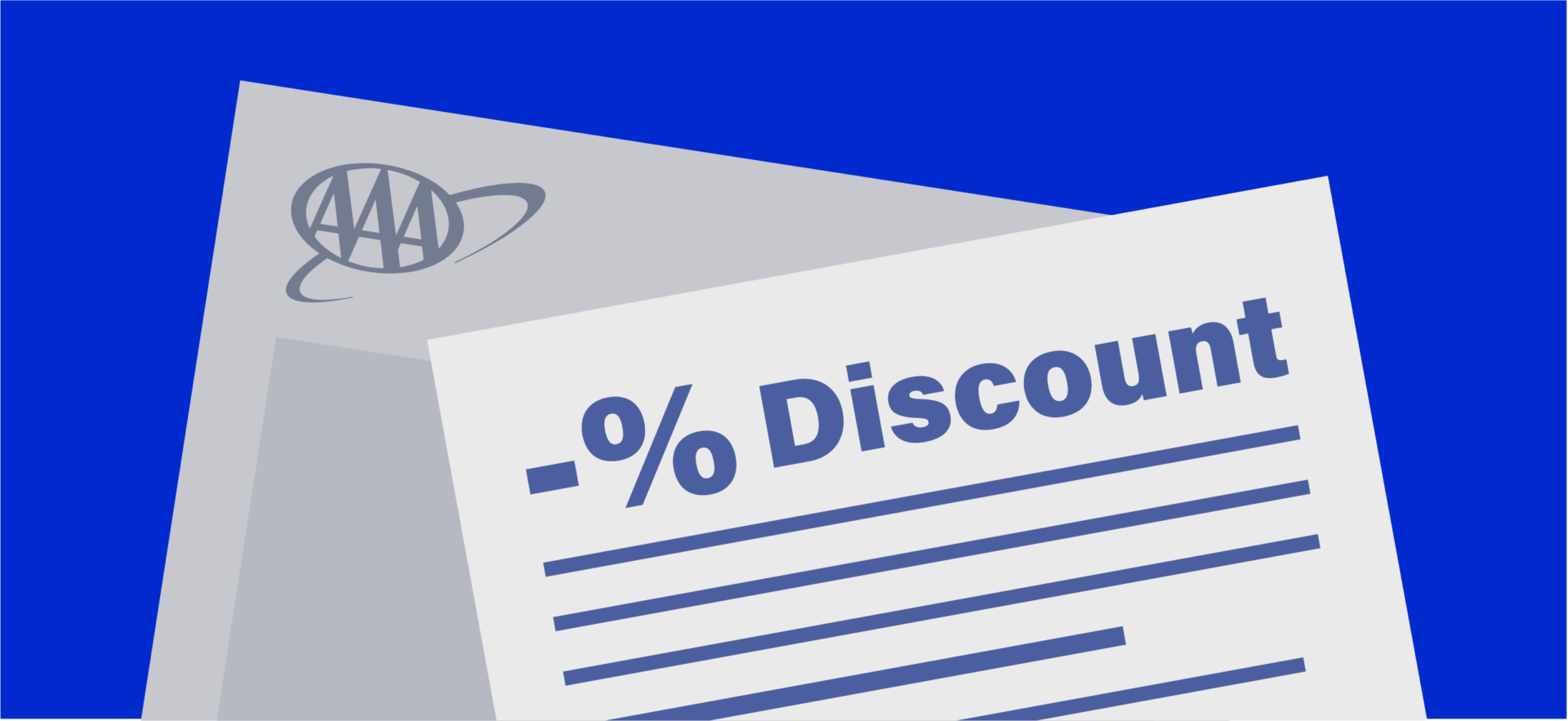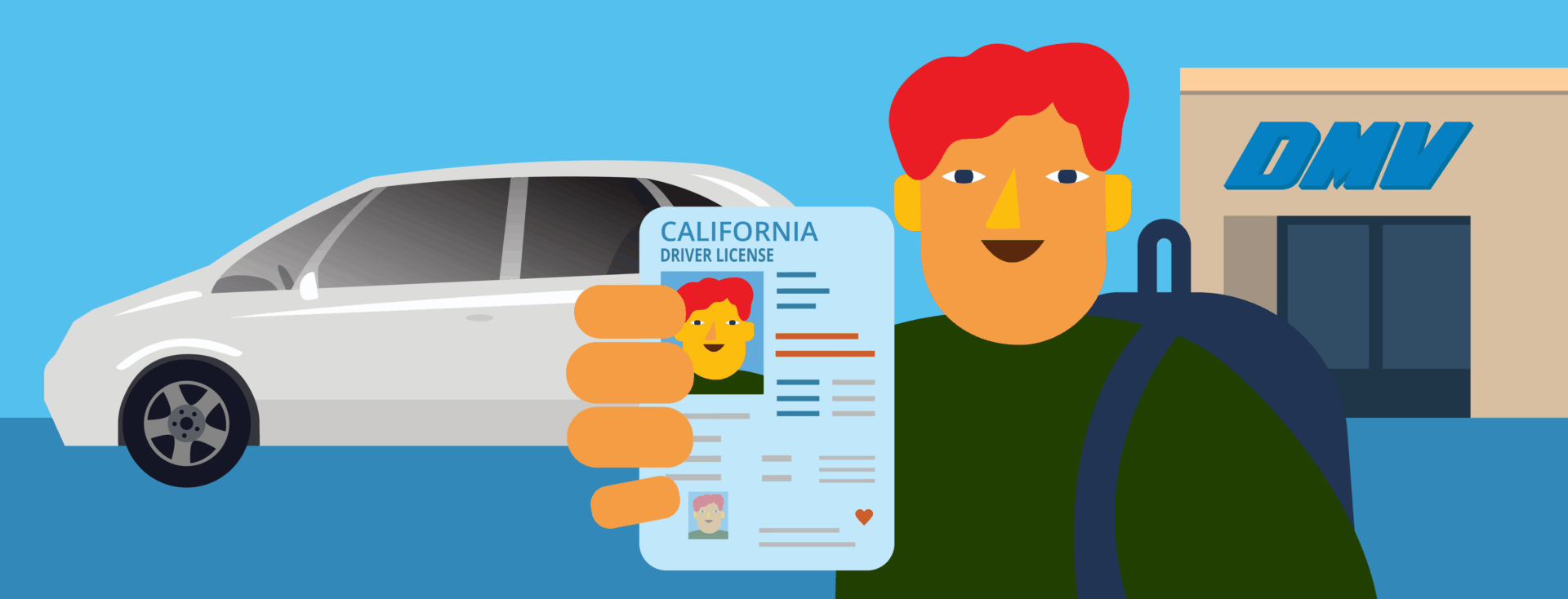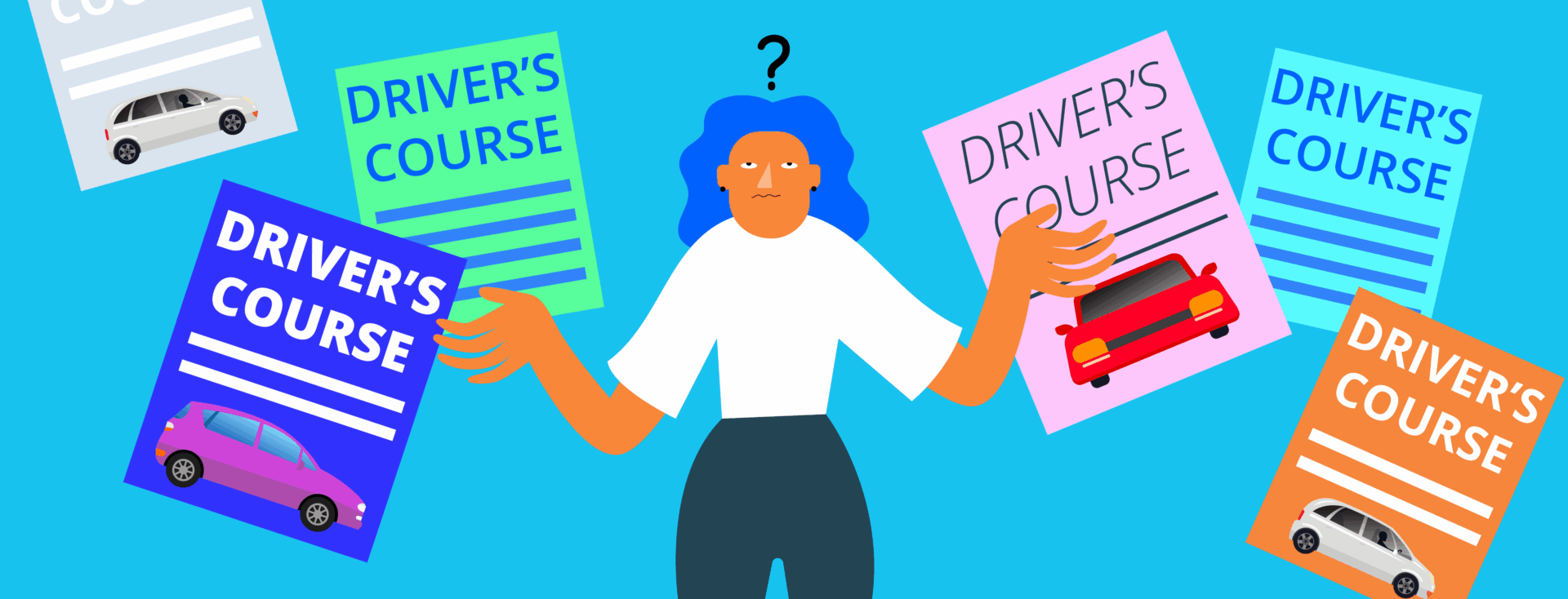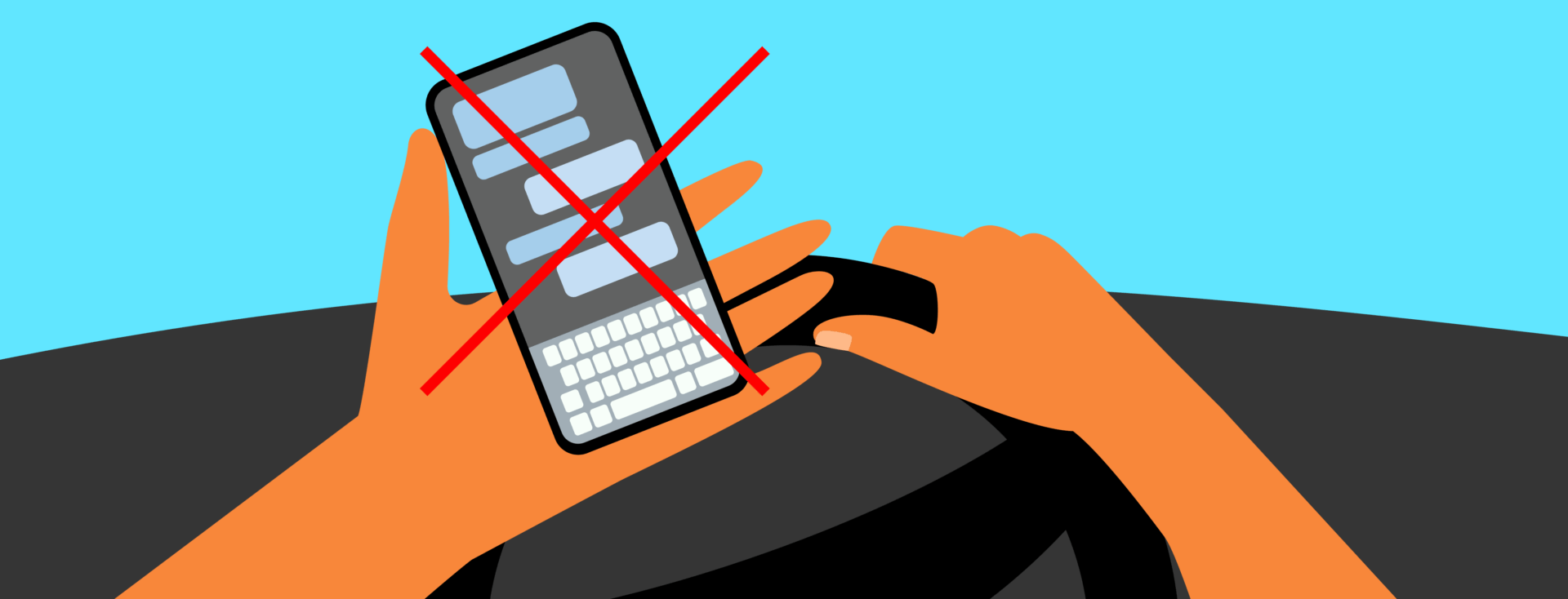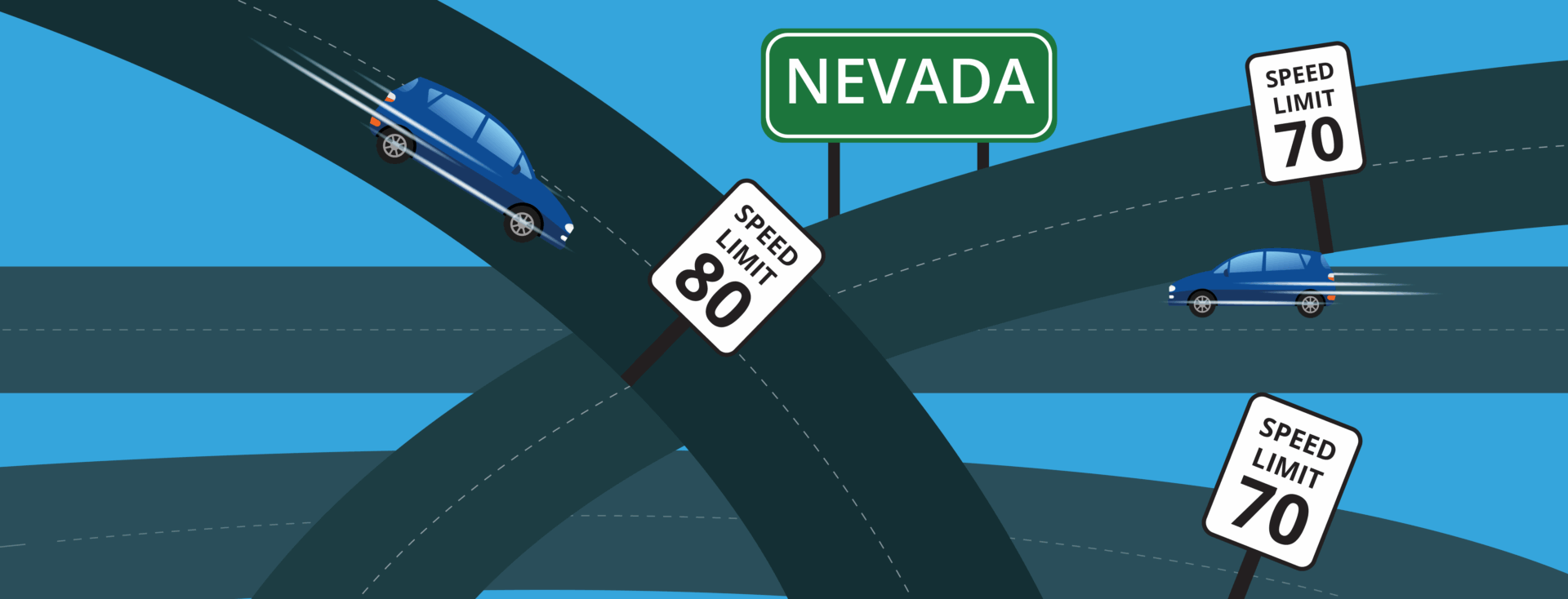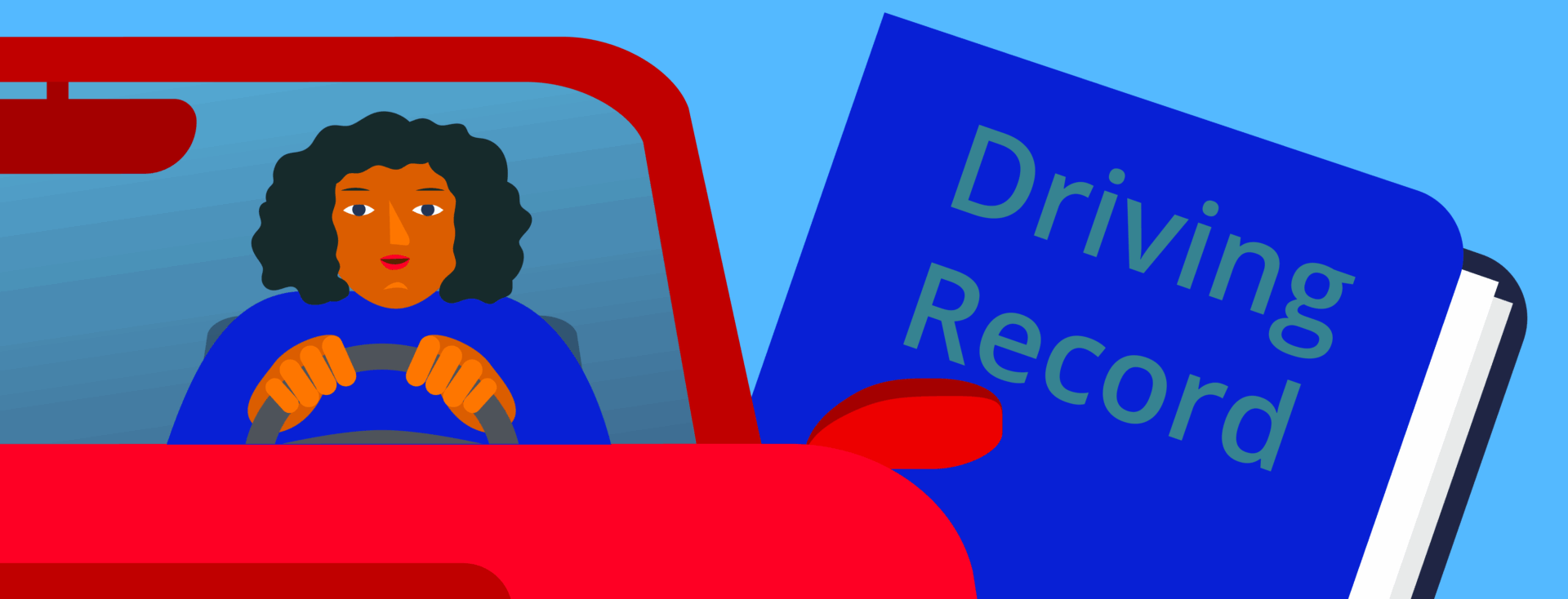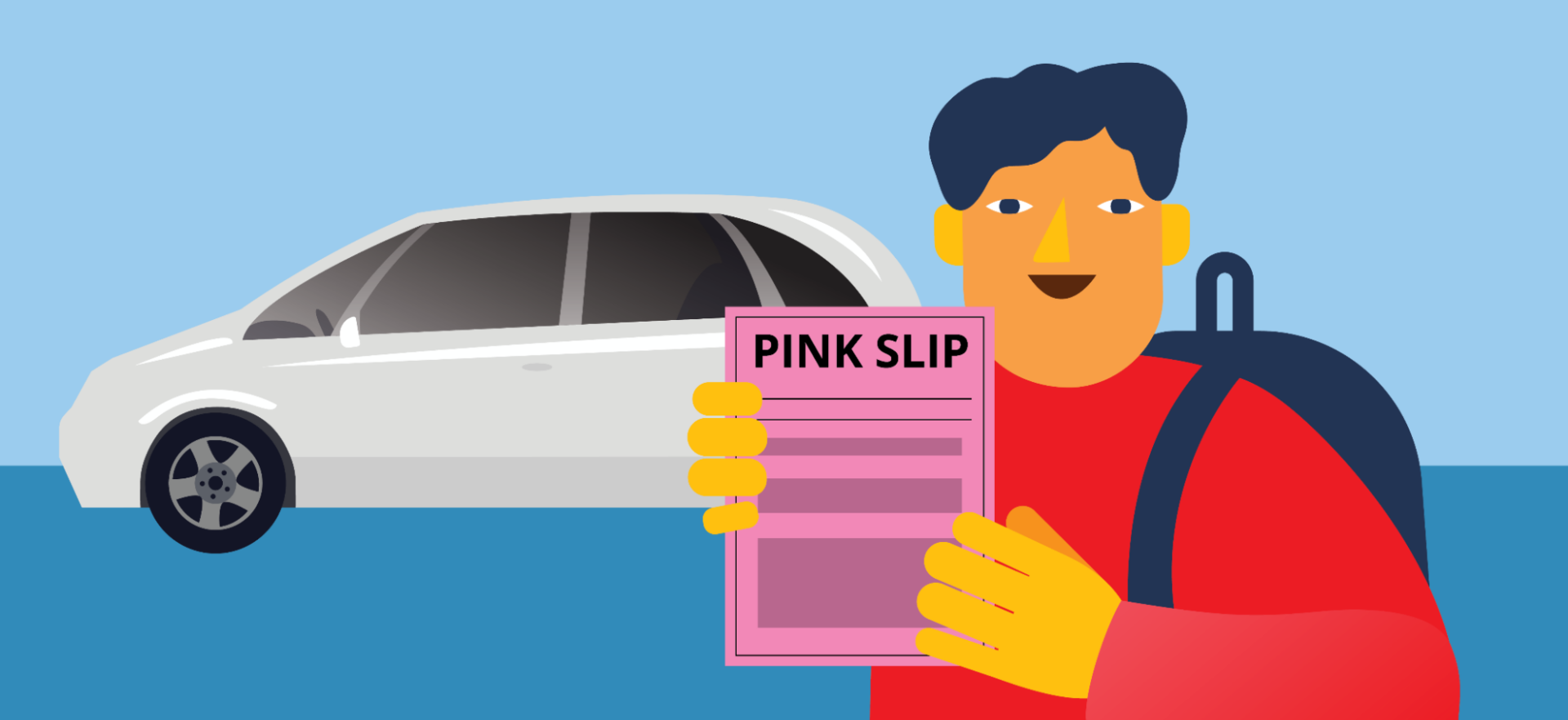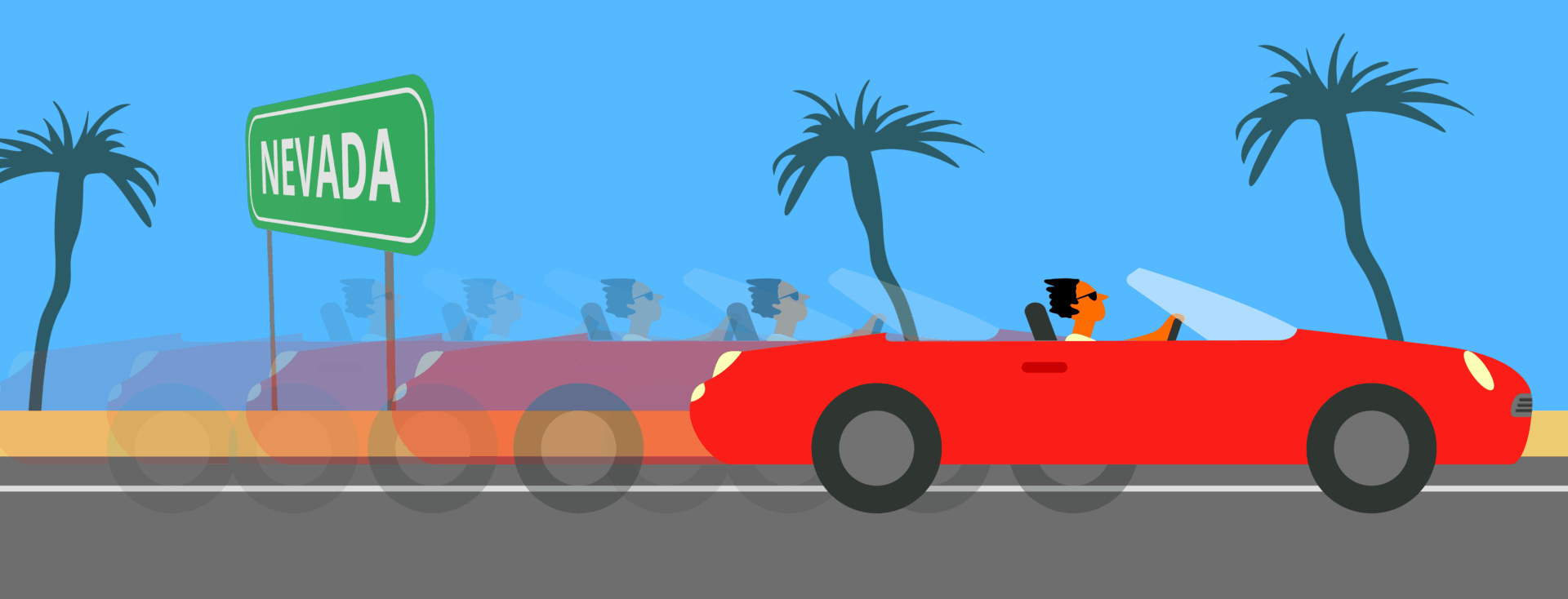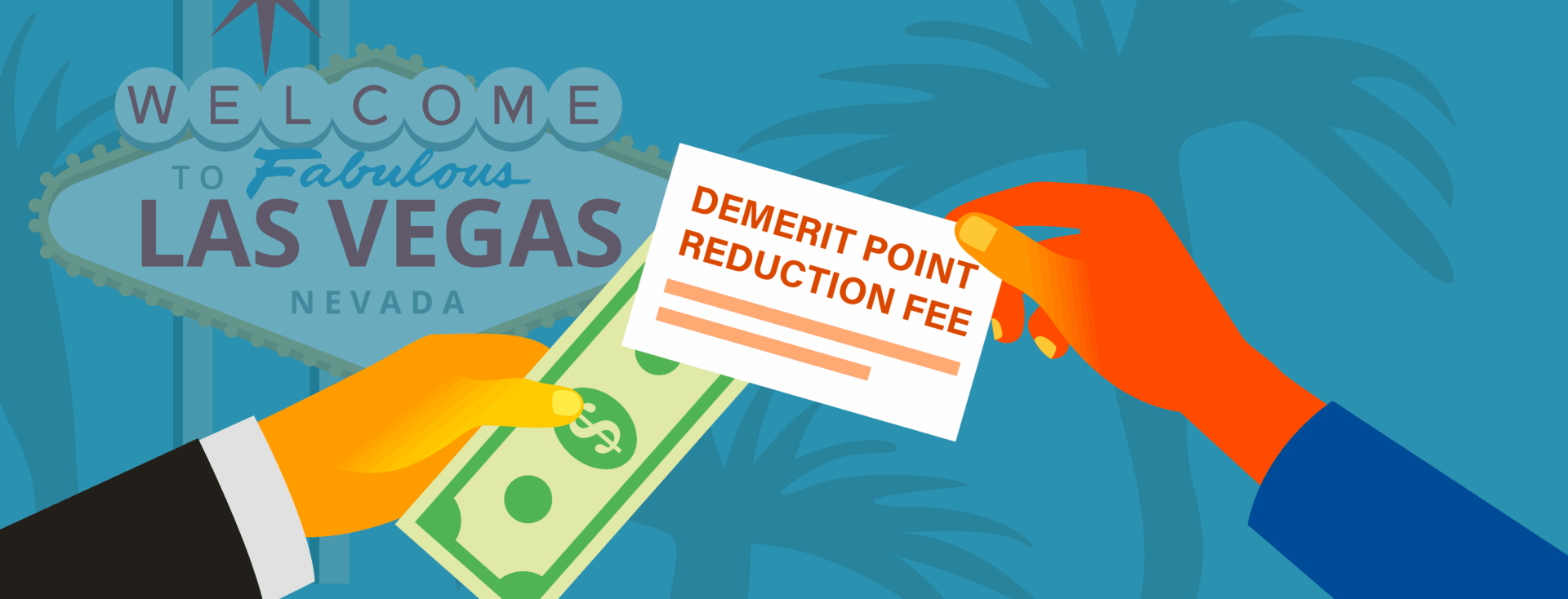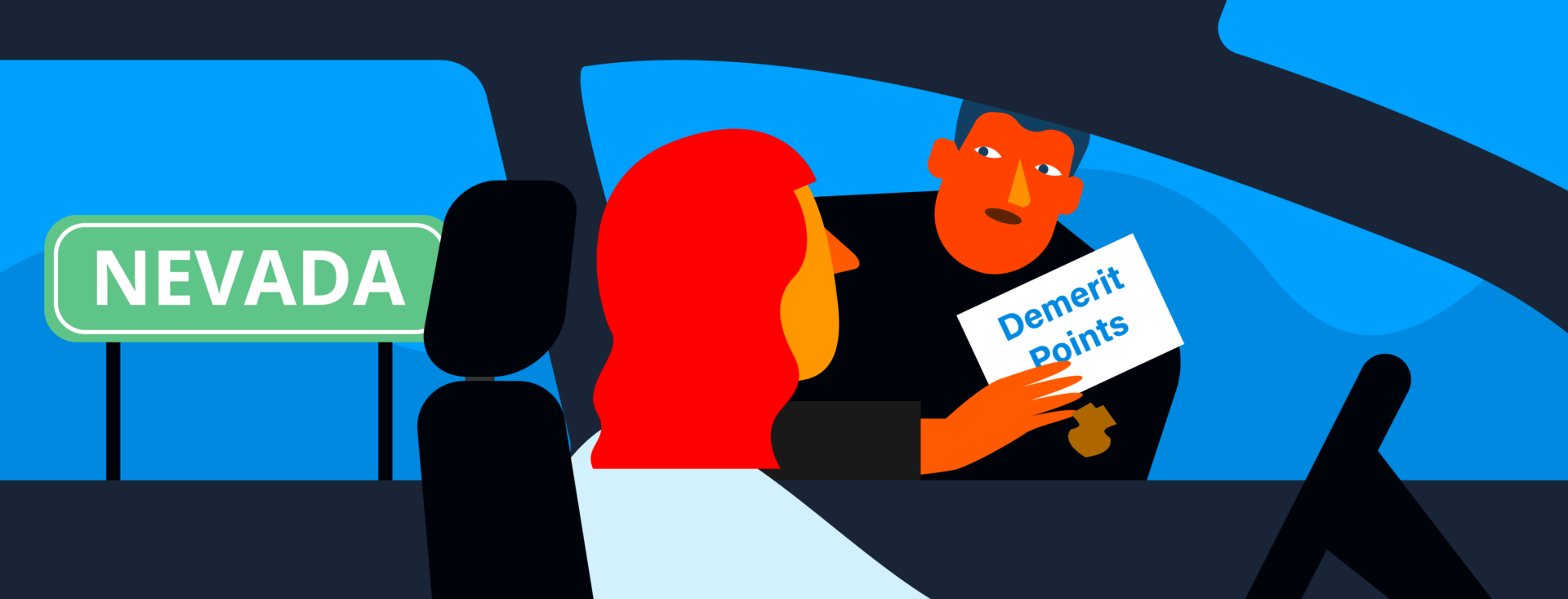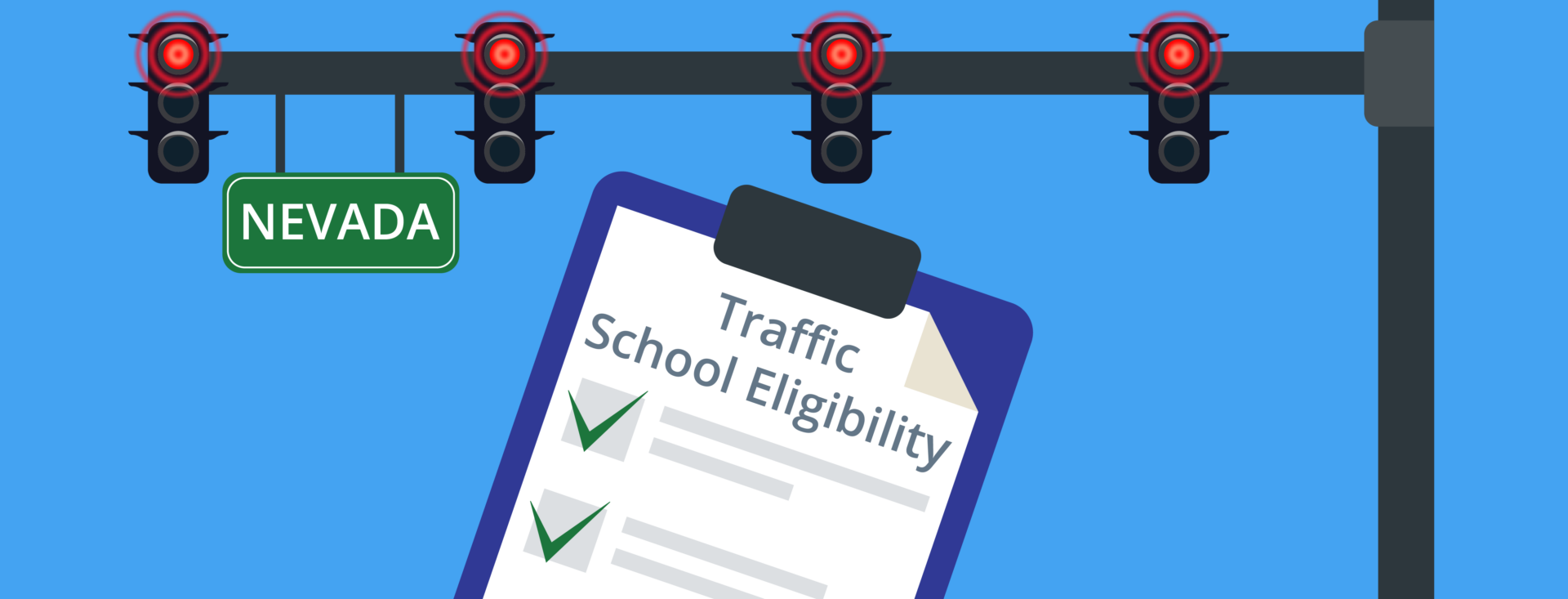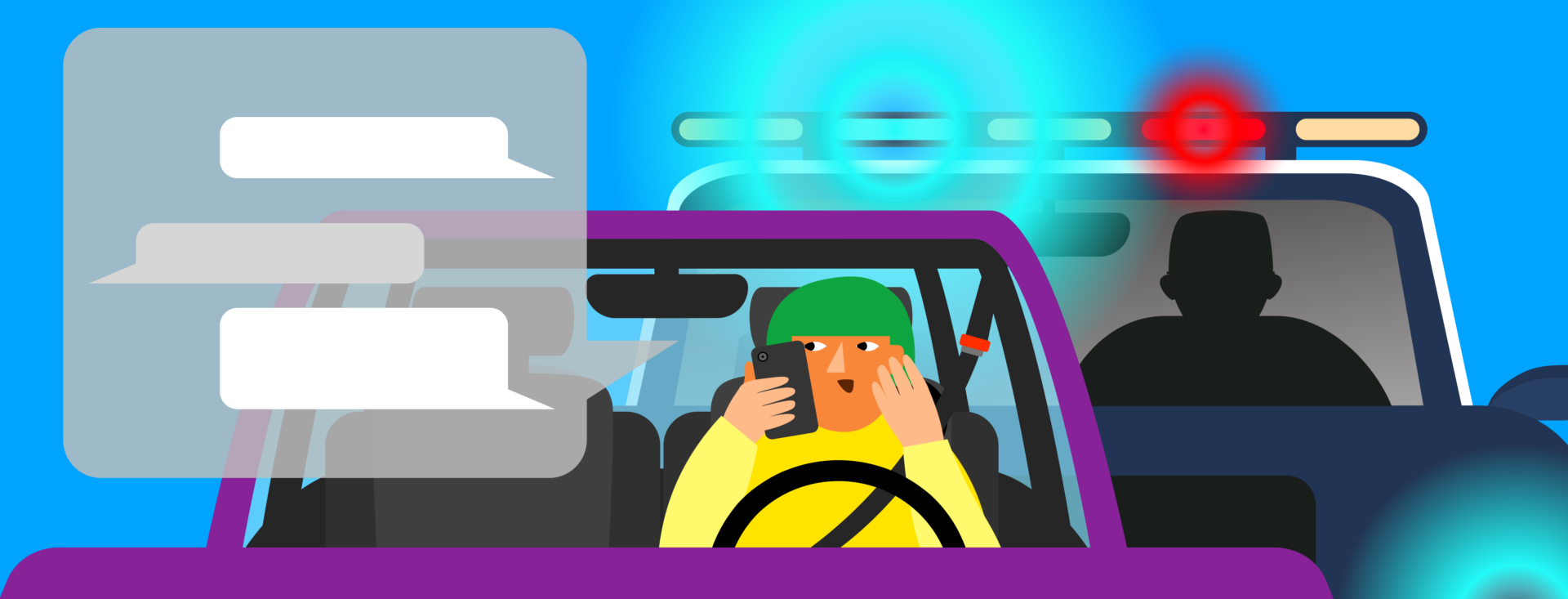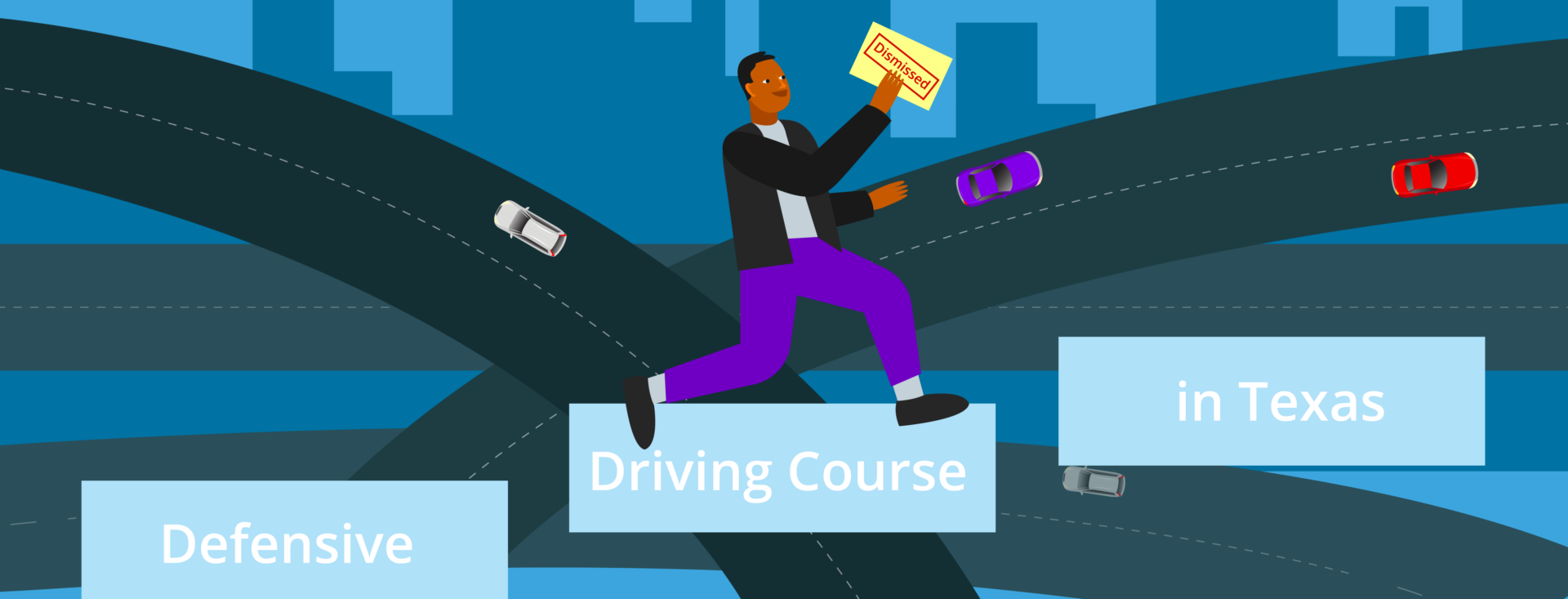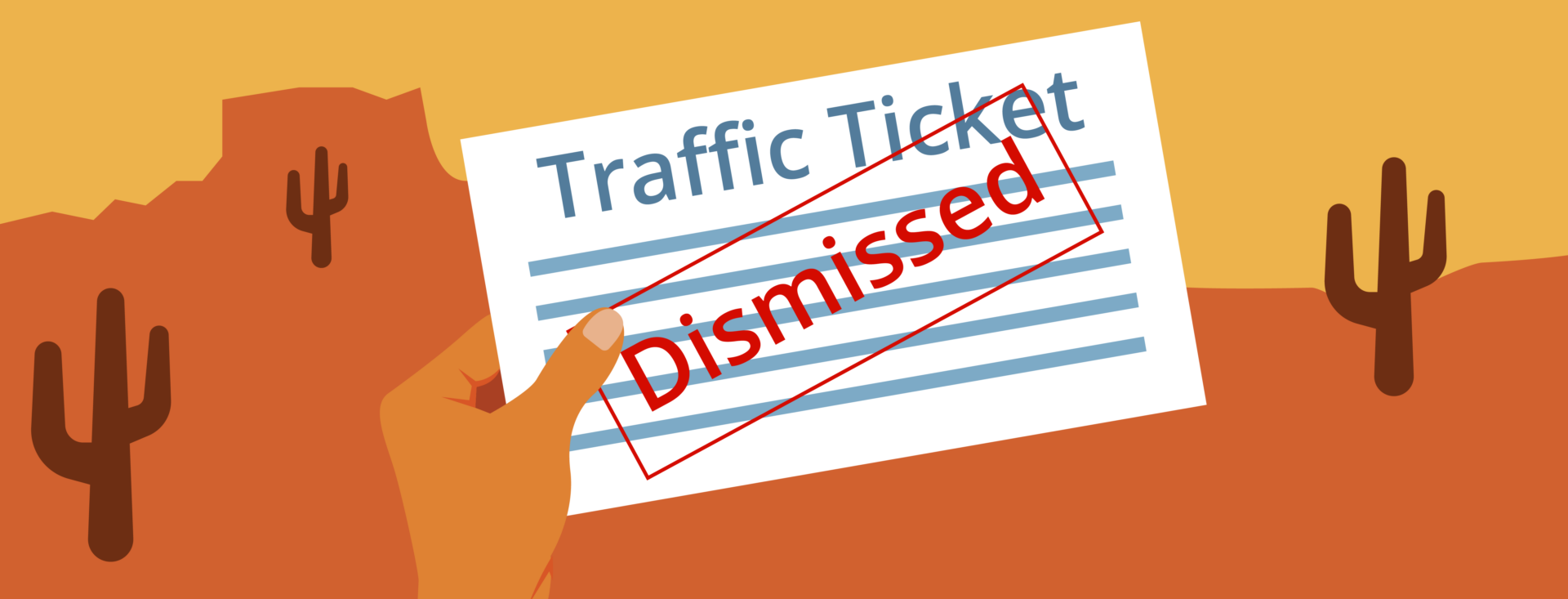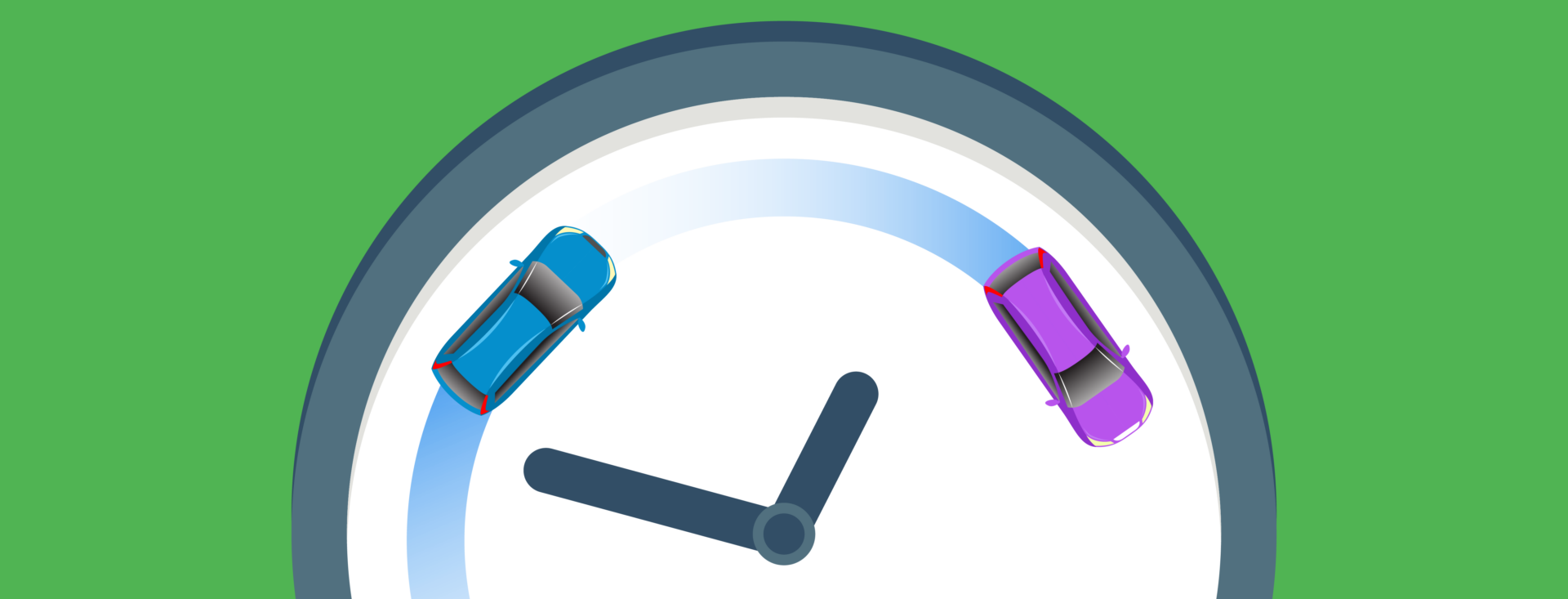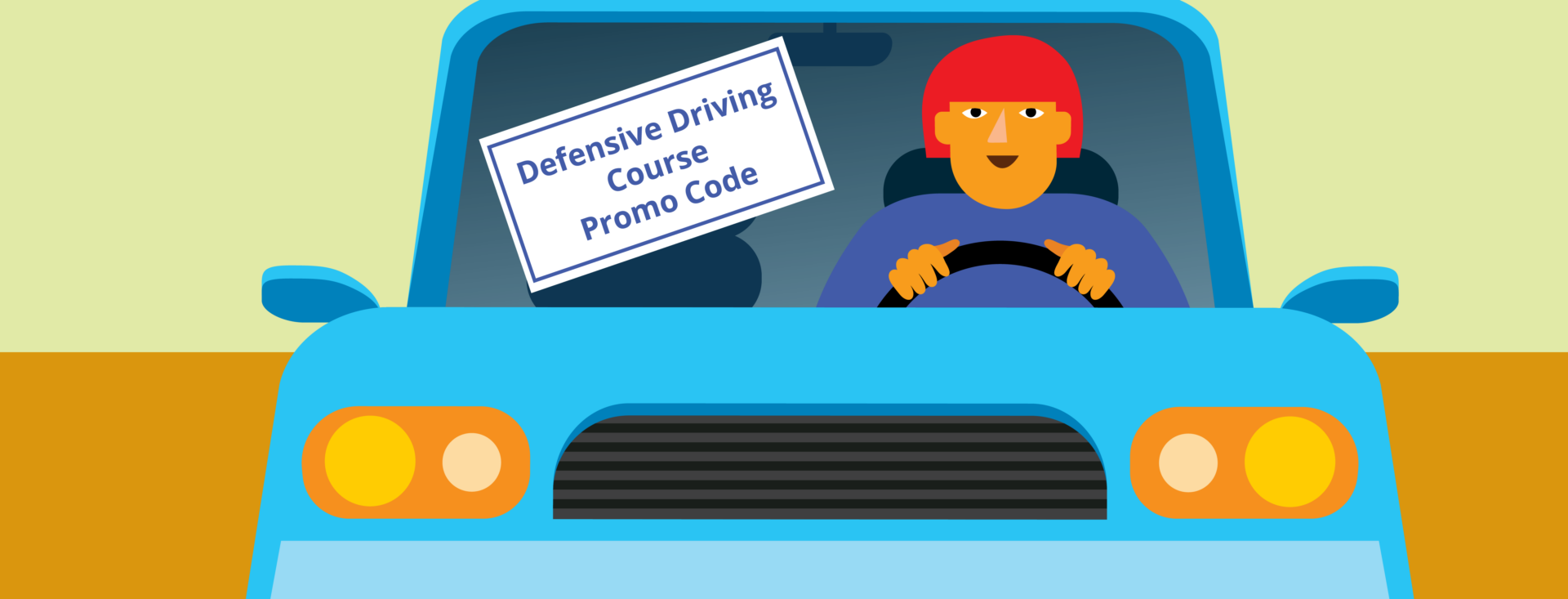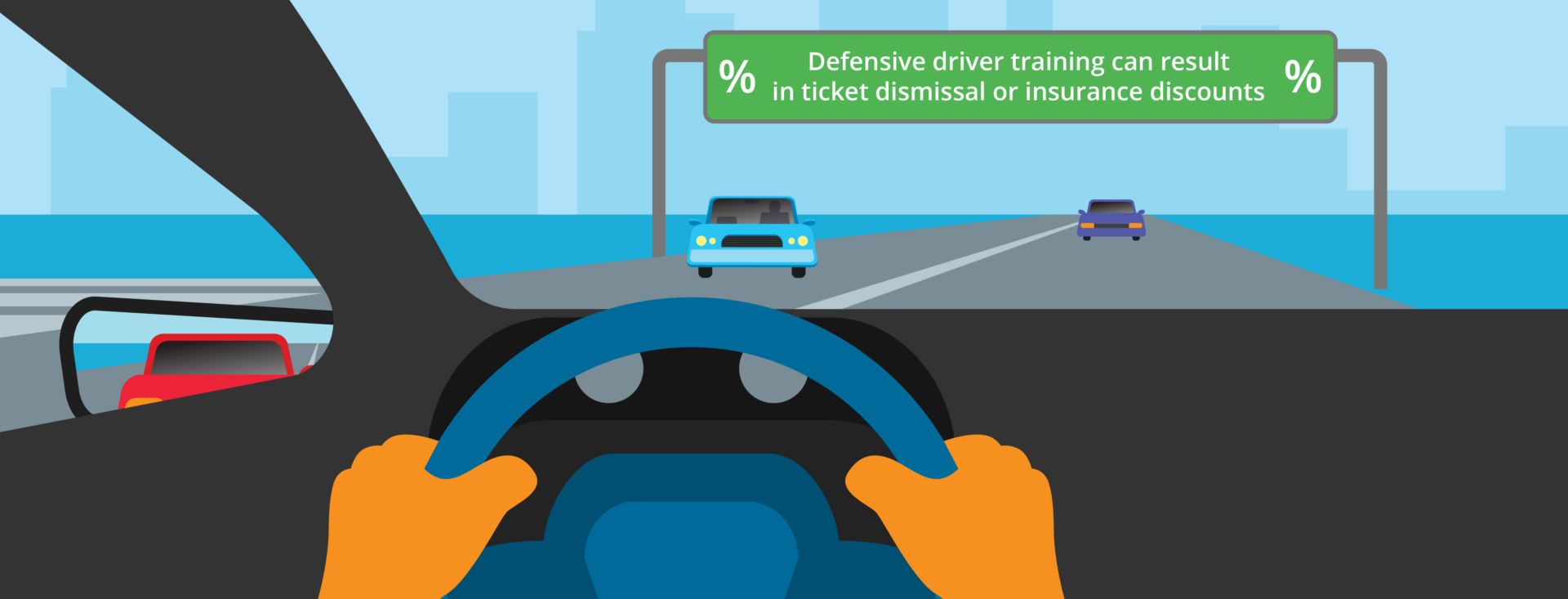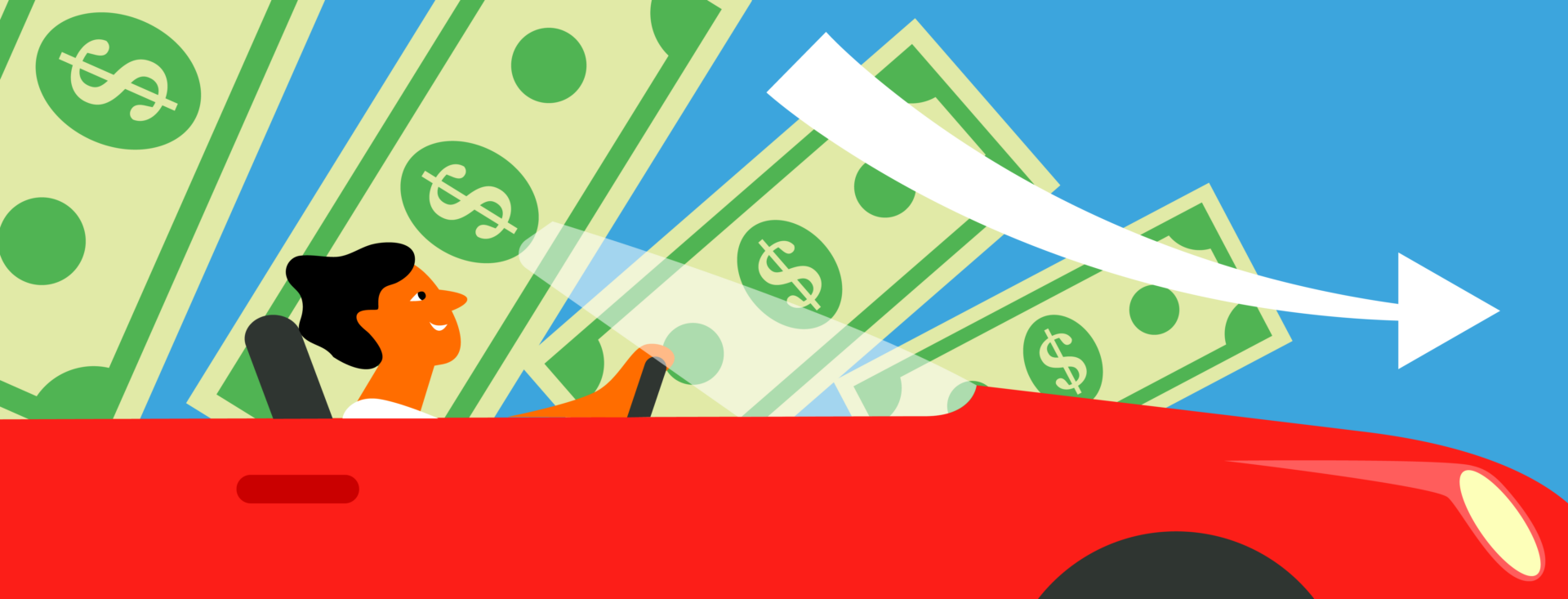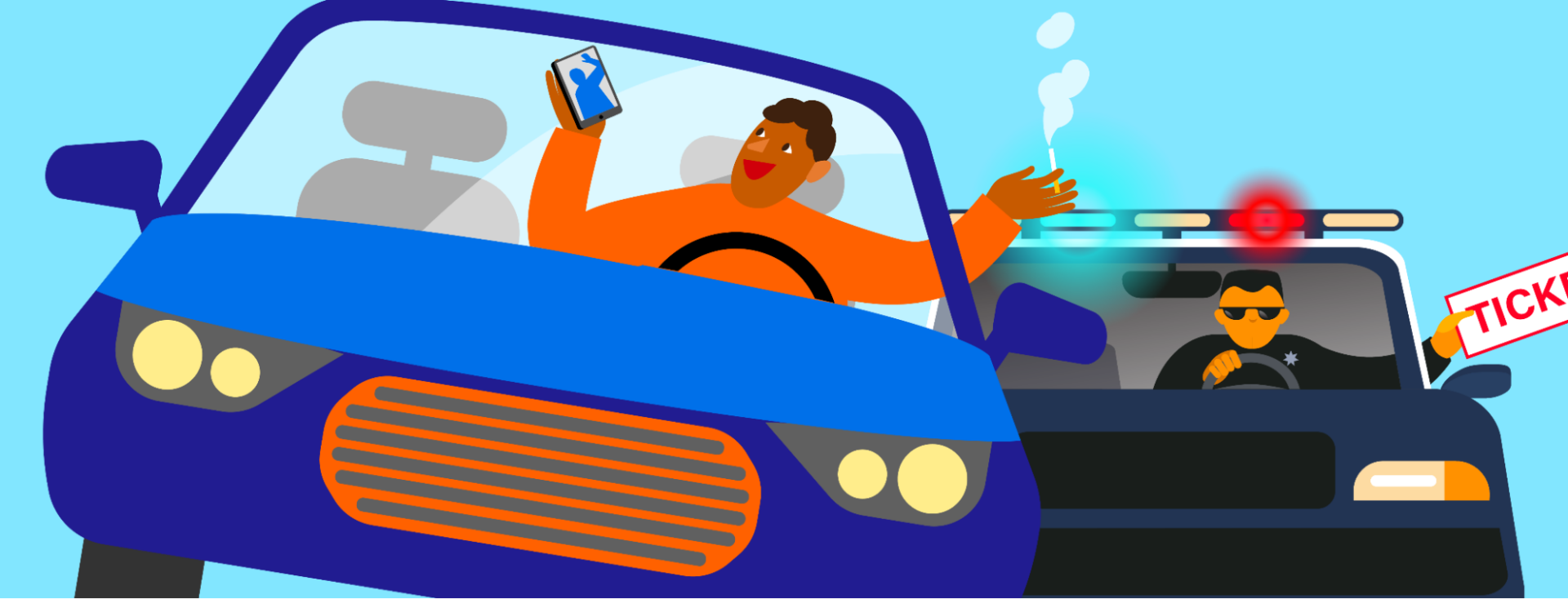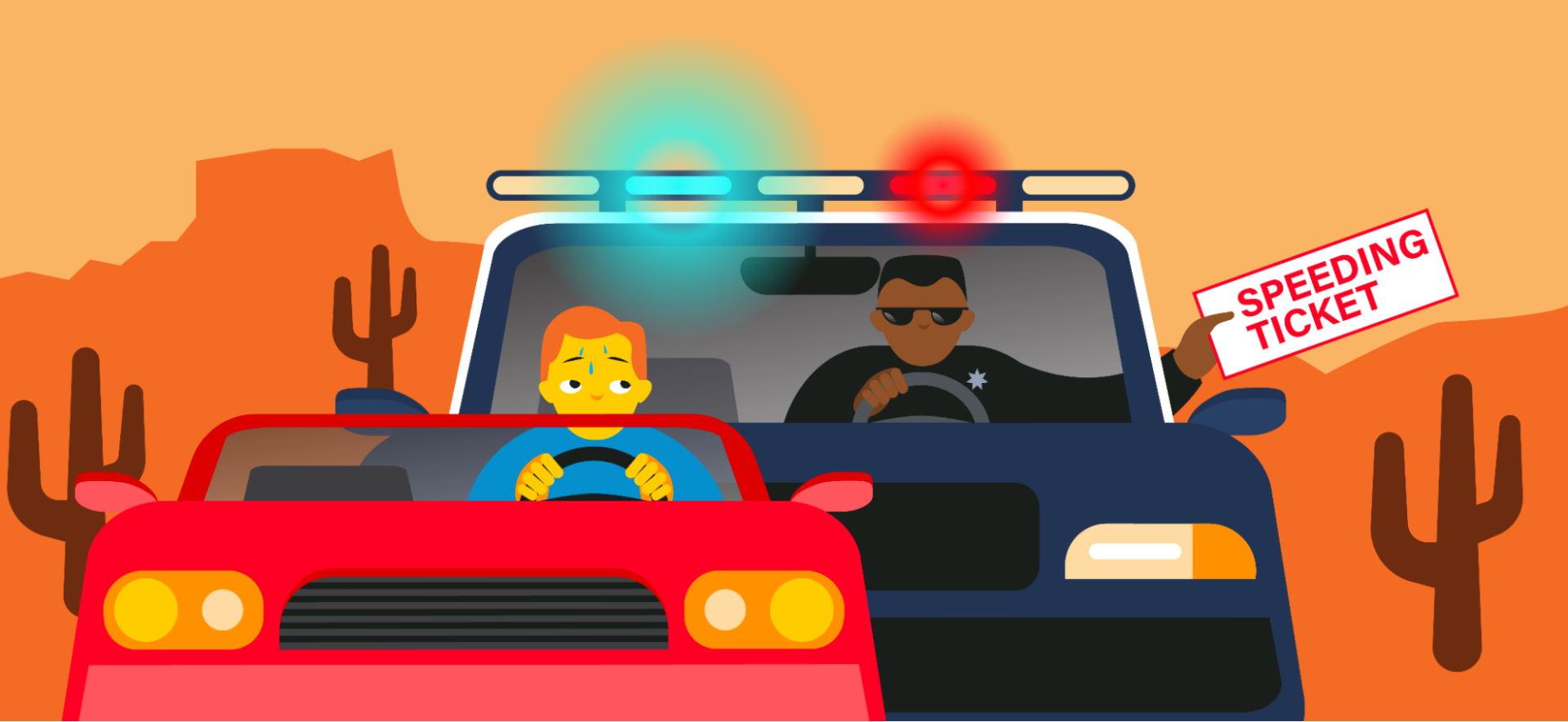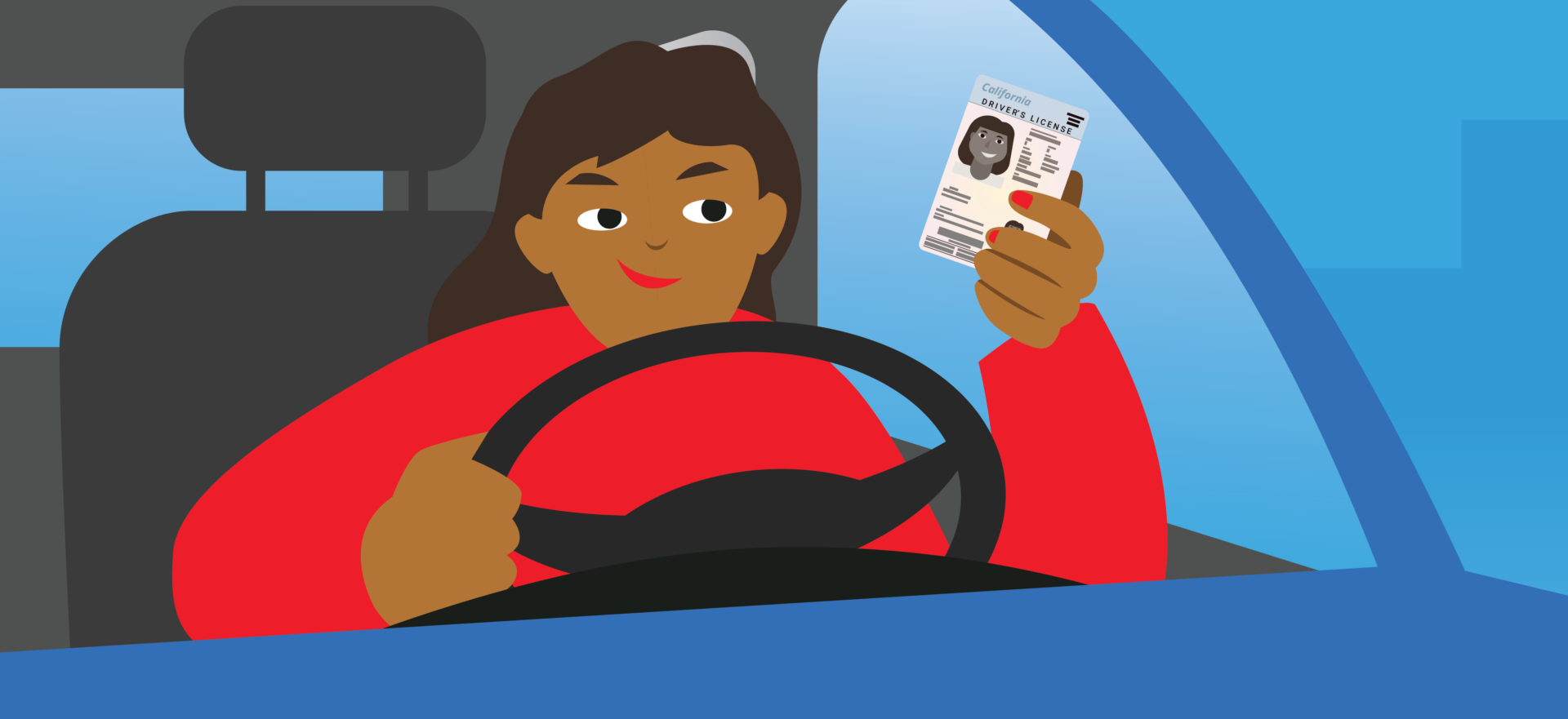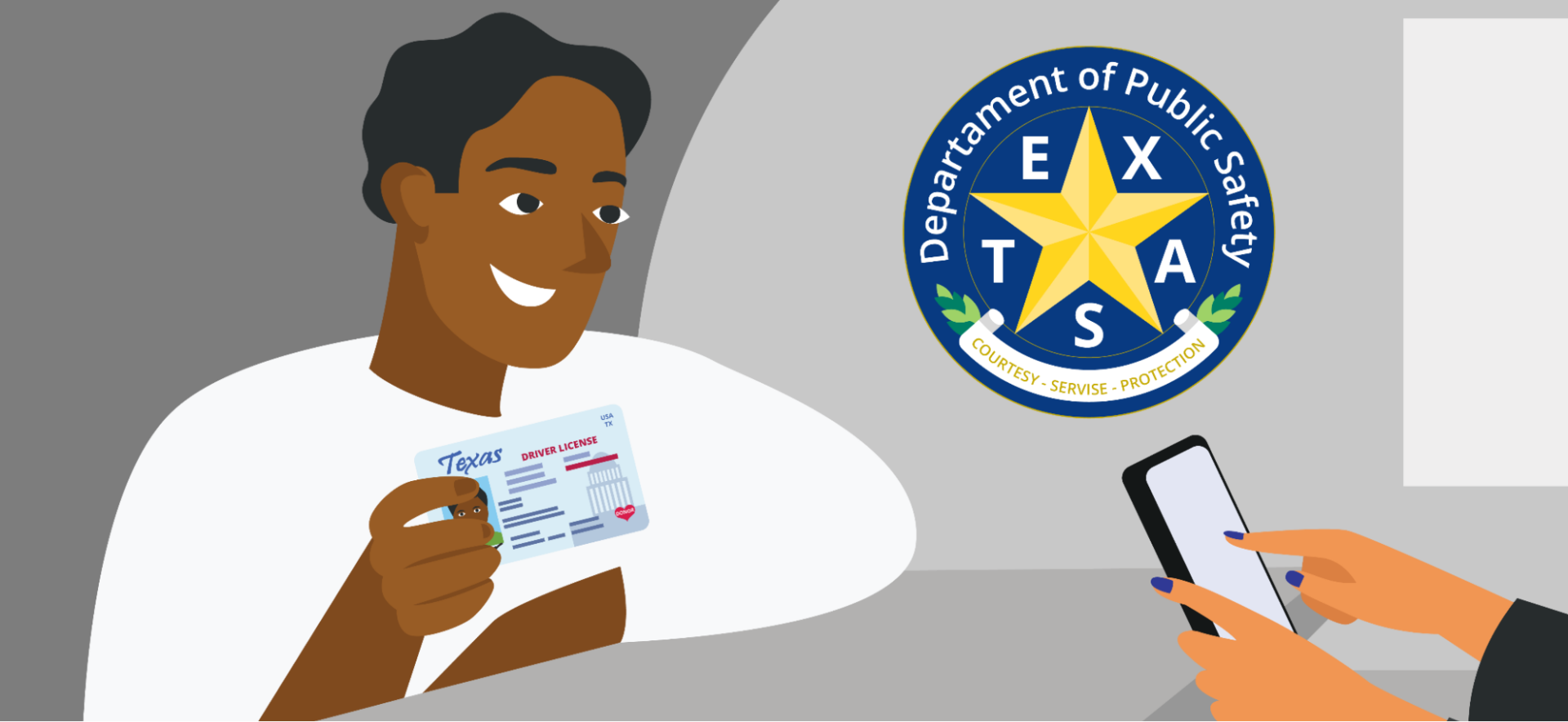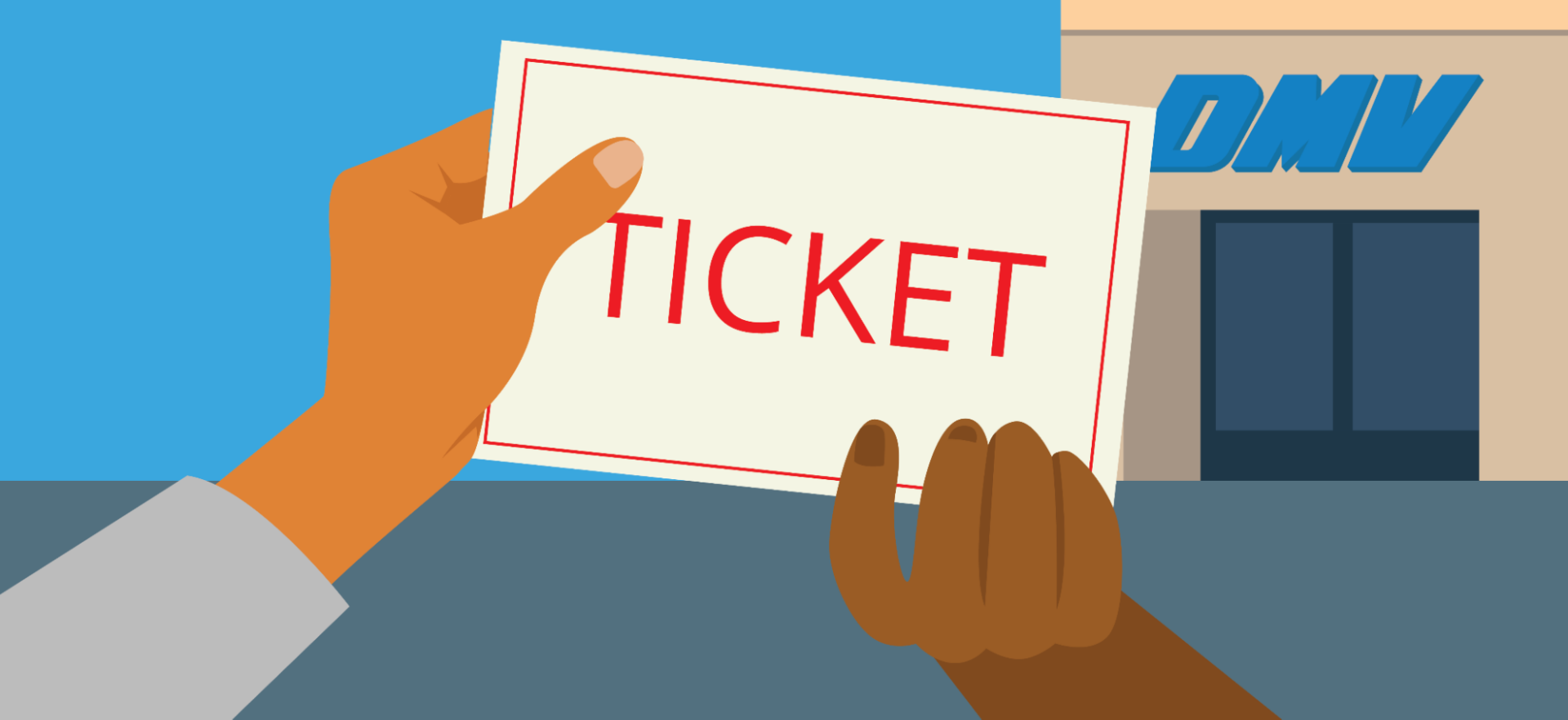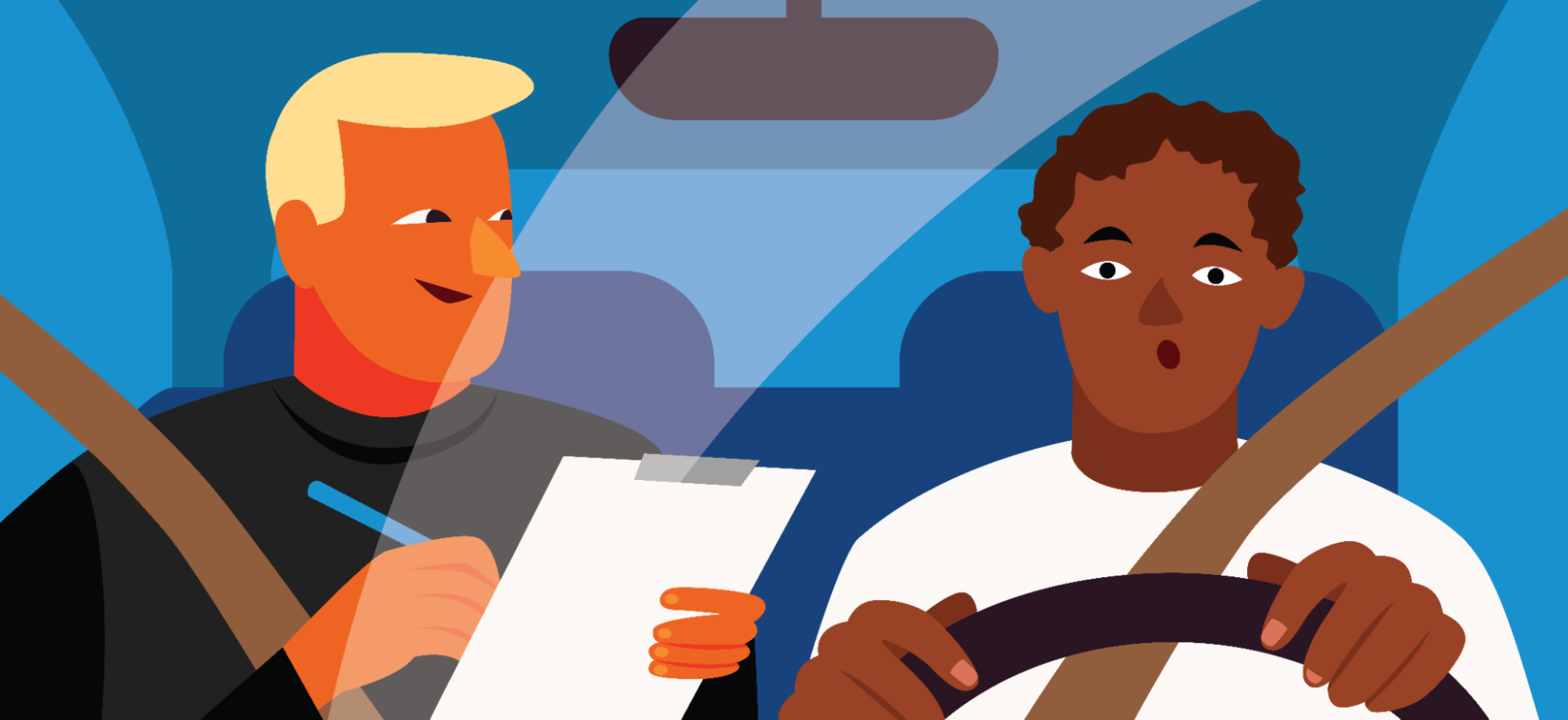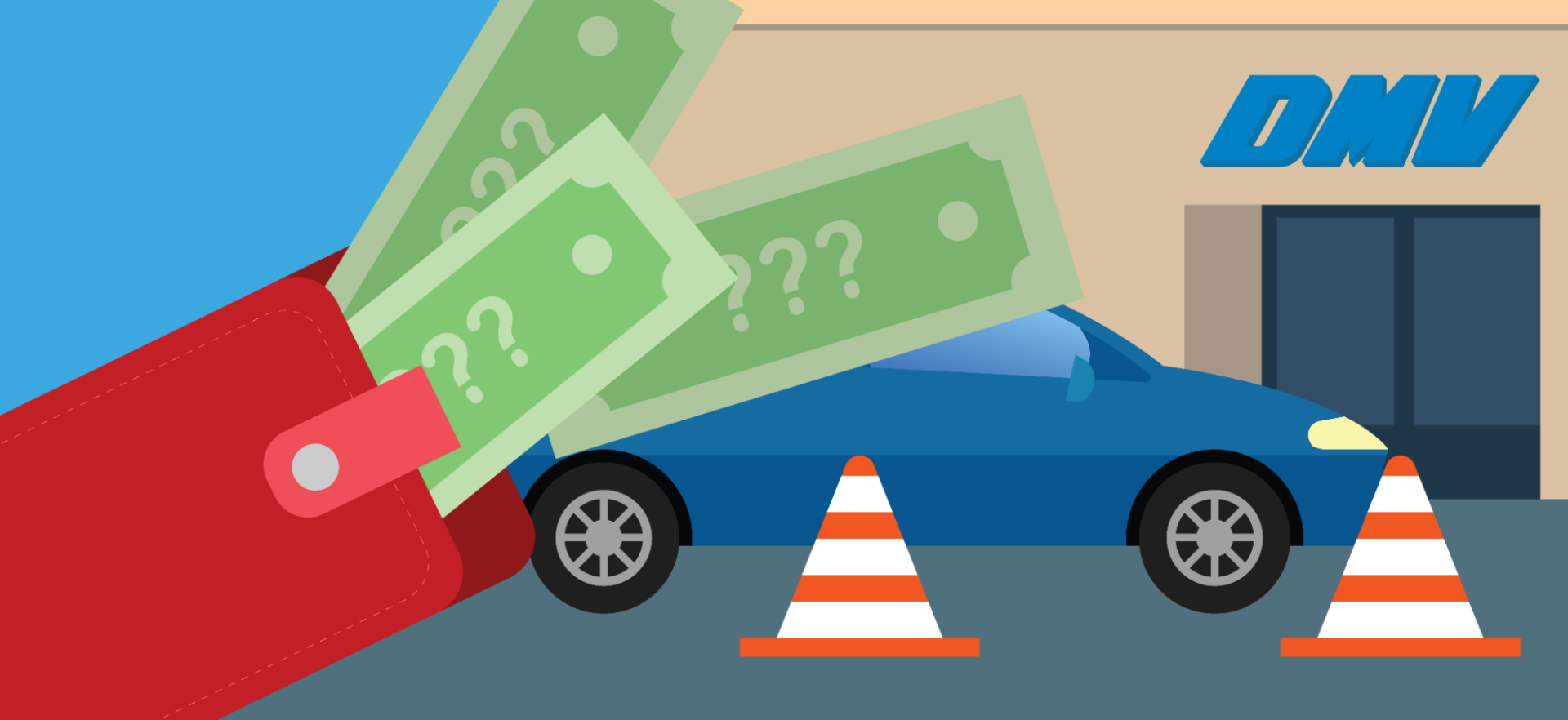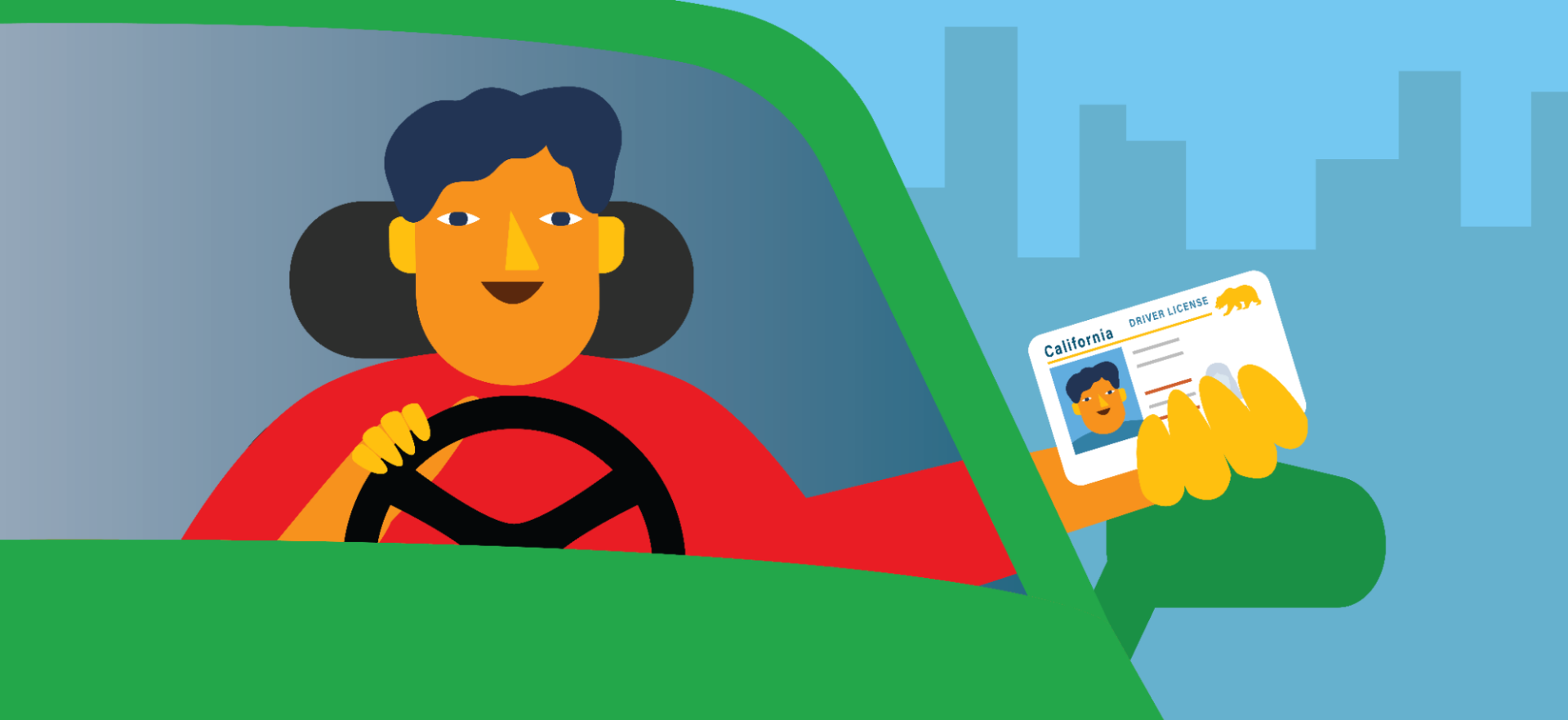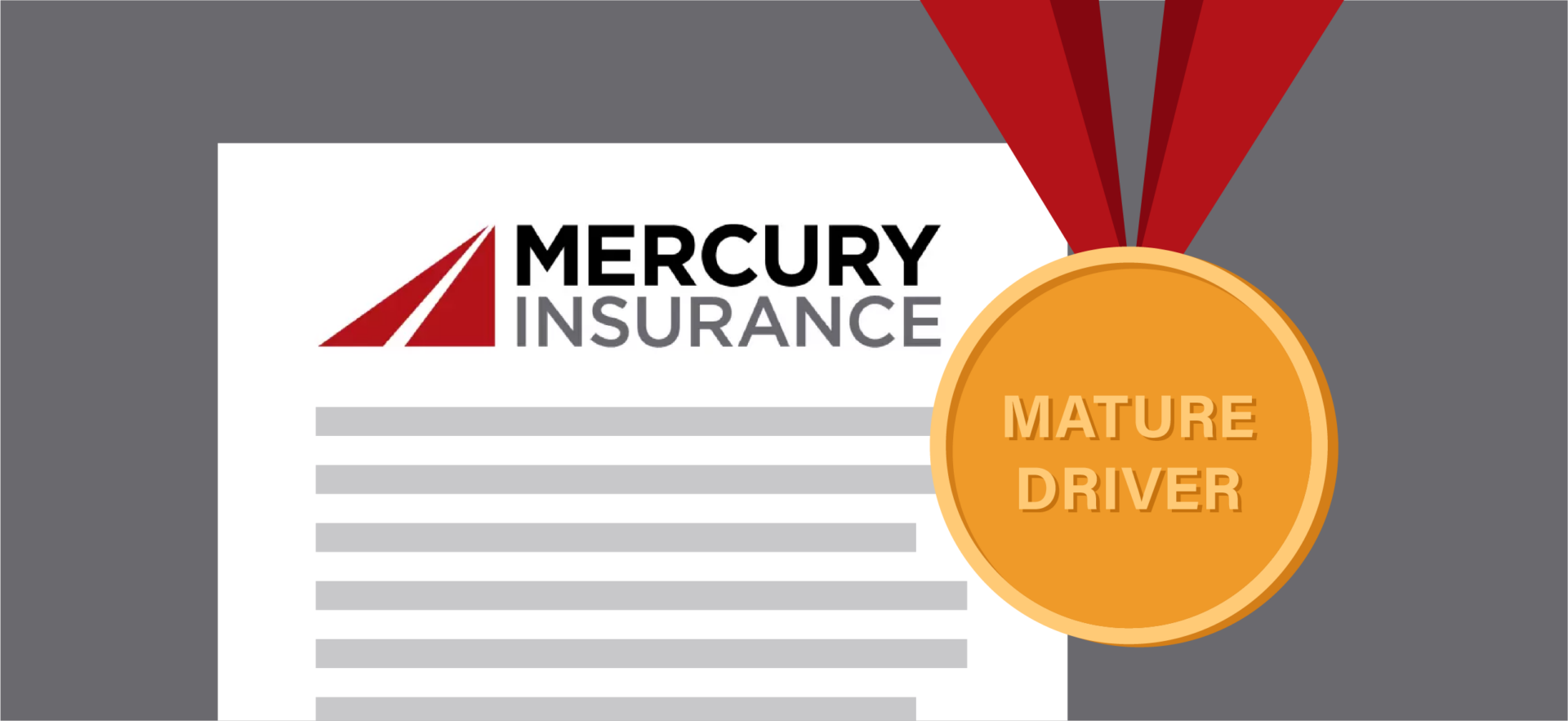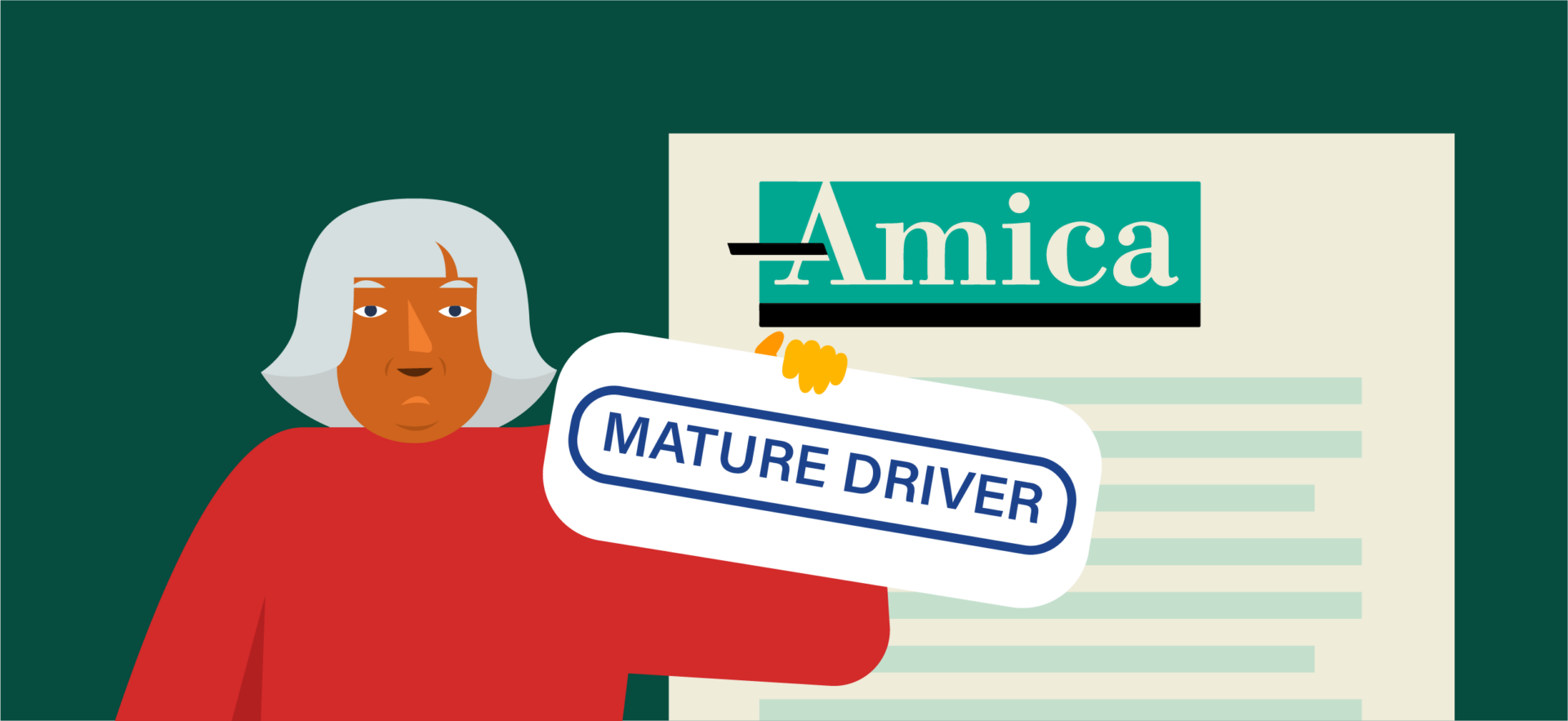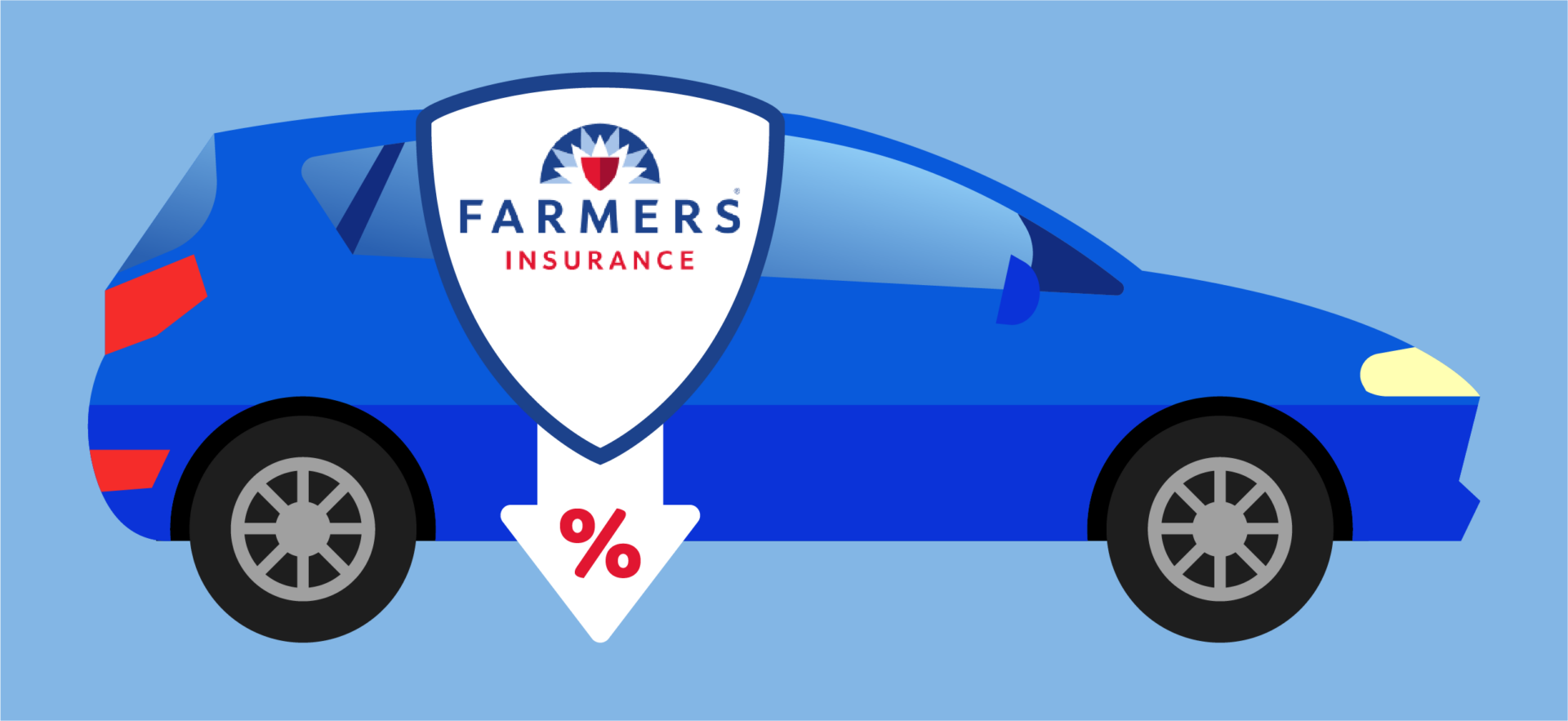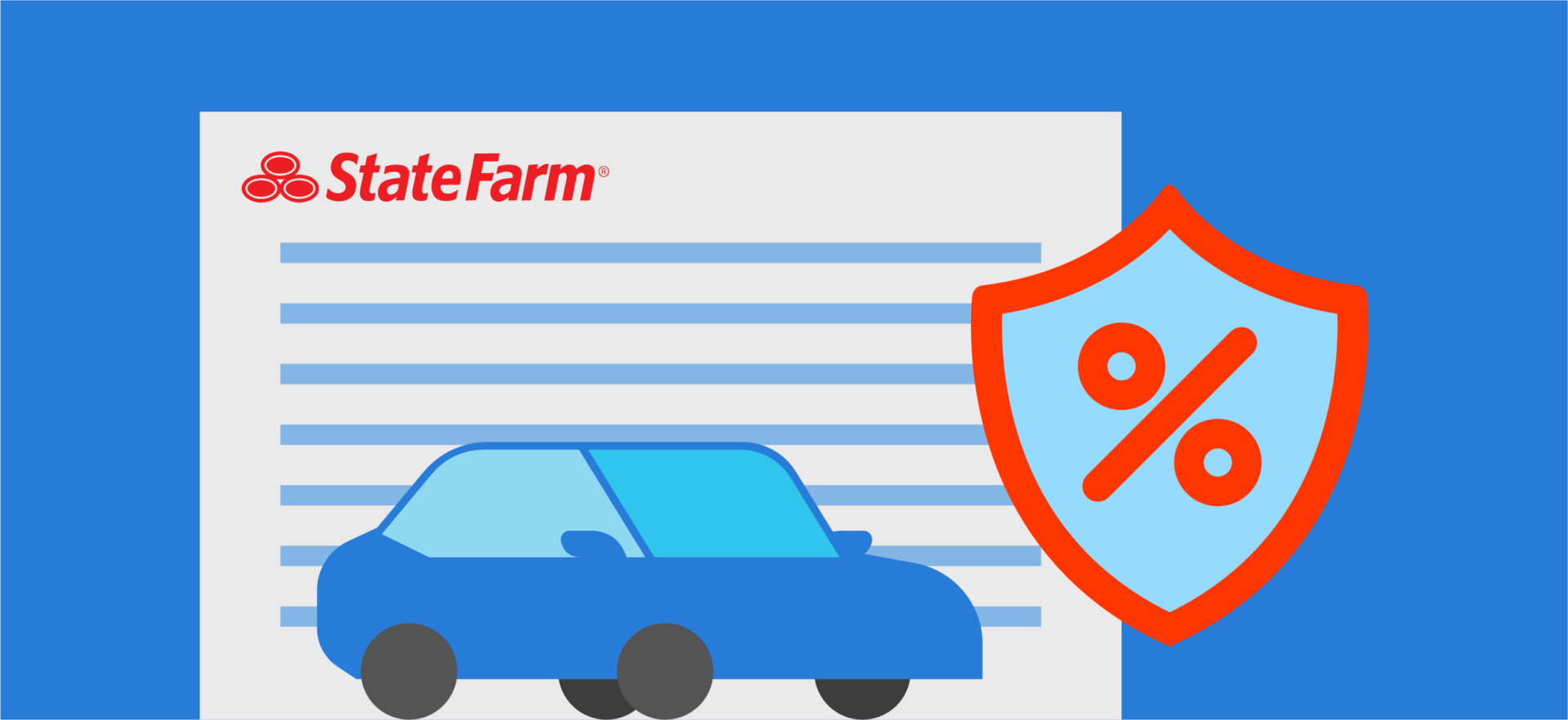In Nevada, even minor speeding, like driving 10 miles per hour over the limit, can result in fines and demerit points. The latter may increase your insurance premiums by hundreds of dollars per year.
If you received a Nevada speeding ticket, keep your cool and read on. We’ll tell you what happens next, what legal options you have, and how to keep points off your license.
Traffic school can help you keep a clean driving record, prevent insurance increases, and more!
What Happens When You Get a Speeding Ticket in Nevada
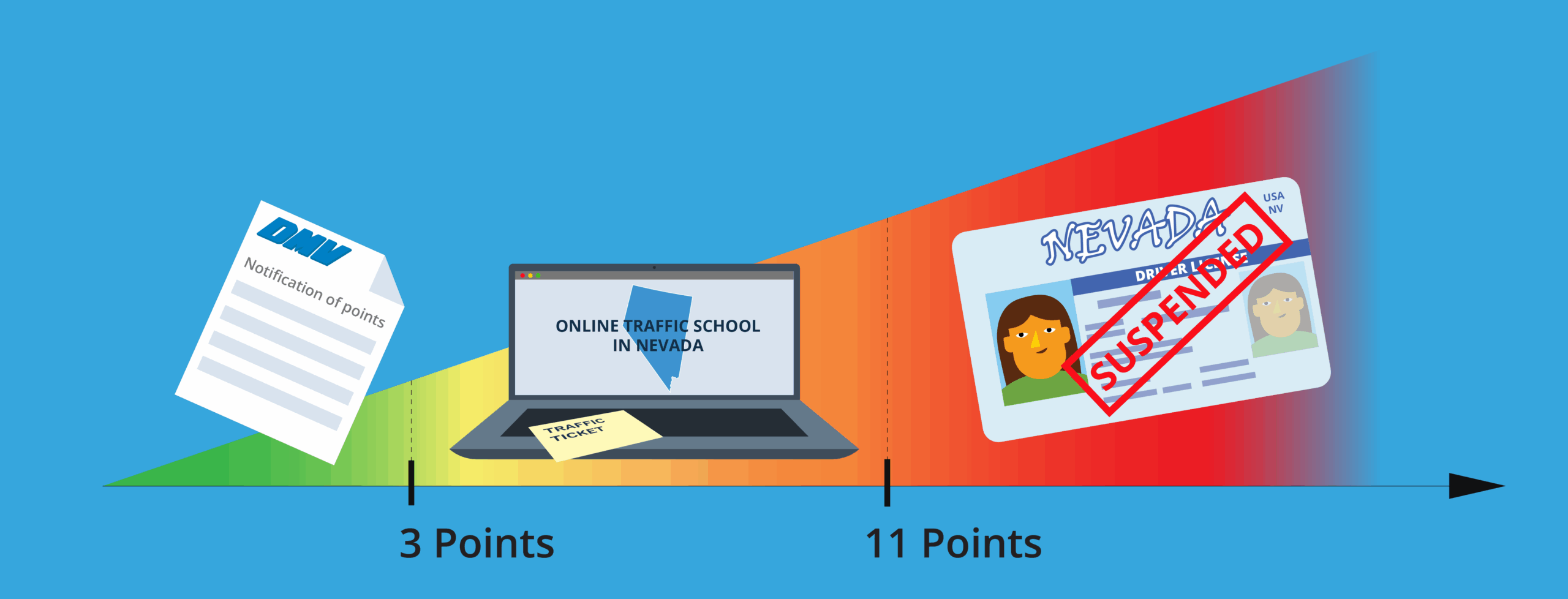
Getting a speeding ticket or other traffic ticket isn’t the worst thing that could happen, but this doesn’t mean you should take it lightly. The potential consequences range from fines and demerit points to license suspension and criminal charges.
Here’s what to expect based on the severity of the offense:
You’ll Have to Pay a Fine
Nevada speeding fines range between $100 and $1,000 or higher, depending on how much you went over the speed limit. Note that you’ll pay double the normal fine if you commit the offense in a school zone, work zone, or pedestrian safety zone.
| Speed Over the Limit | Maximum Fine |
|---|---|
| 1–10 mph | $200 |
| 11–20 mph | $400 |
| 21–30 mph | $600 |
| 31–40 mph | $1,000 |
| 41+ mph | $1,000 |
You’ll Get Points on Your License
Under Nevada’s demerit point system, speeding is punishable by one to five demerit points. The higher your speed, the more points will go on your record, as shown below:
- 1–10 mph over the posted speed limit: 1 demerit point
- 11–20 mph: 2 demerit points
- 21–30 mph: 3 demerit points
- 31–40 mph: 4 demerit points
- 41+ mph: 5 demerit points
Consequences:
- 3+ points on your license: Notification from the DMV.
- 3-11 points on your license: Risk of suspension – take traffic school to remove three points from your record.
- 12+ points on your license: Automatic six-month suspension of drivers’ license.
Your Insurance Rates Will Go Up
A single speeding ticket could increase your annual premiums by 4%-35% for three consecutive years. What you’ll pay depends on your insurance provider and type of coverage. For example, Nevada drivers insured by GEICO can expect to pay 25% more for full coverage after being ticketed for speeding.
You Could Lose Your Driver’s License
The Nevada DMV will automatically suspend your license if you accrue 12 or more points within a year. So, if you already have 10 points on your record and get another two for speeding 15 mph over the limit, you’ll lose your driving privileges for six months.
You may face even more severe consequences if your speeding is deemed reckless or causes an accident that results in injury or death. For example, exceeding the speed limit by 41+ mph could lead to reckless driving charges, leading to automatic license suspension.
Read: How to Reinstate a Suspended License in Nevada
Points and Convictions Will Remain on Your Record
Any points you receive for speeding expire 12 months from the conviction date unless you get the ticket dismissed. But most traffic violations are reported to insurance companies and employers for three years. Serious violations (like a DUI) can remain on your record for up to 10 years.
You May Face Criminal Charges
Going 30+ mph over the speed limit is a misdemeanor. This means it’s punishable under criminal law and can result in up to six months of imprisonment.
What to Do When You Get a Speeding Ticket in Nevada
Your citation, or speeding ticket contains important details about the offense you’re being charged with. It also tells you which court is handling your case, the due date for paying your fine or contesting the charge, and instructions on how to respond.
Review this information, then decide on the next steps. Here are your options when you get a ticket.
Option 1: Pay the Ticket
If you admit guilt and don’t intend to contest the ticket, then you can just pay the fine and move on. The payment can be made online, by mail, or in person, depending on the court. Make sure you do it before the due date on your citation.
Note that the time it takes for the court to receive your ticket from law enforcement varies by jurisdiction. Generally, it’s around five to seven days or longer. So, if you got ticketed recently, the citation may not appear in the court’s online system right away. Wait a few days to contact the court and pay your fine.
The downside to this option?Any points you received will go on your record, which could mean higher insurance premiums. If you already have points on your record, you could even lose your driver’s license.
Option 2: Fight the Ticket
Another option is to plead not guilty, and formally deny the charge. If you believe the charge is incorrect (ie. you weren’t really speeding), you can request a trial to contest the ticket in court.
In order to do this, you’ll need to gather evidence in your favor. This could include radar gun calibration records, traffic camera footage, GPS data, witness statements, and more. You could also opt to hire an attorney to collect evidence, build your defense, and represent you in court.
But beware of this option. It isn’t a good route if you don’t have clear evidence to show that your ticket isn’t deserved. Plus, while a lawyer can increase your odds of winning in court, their services are expensive. It may not be worthwhile to seek legal help unless your driver’s license is at risk.
Option 3: Request a Plea Bargain
You could also enter a no contest plea, which means you neither admit nor dispute the charges. In Nevada, “no contest” pleas involve waiving your right to have a trial but can be used as part of a plea bargain.
If you choose this option, the court may decide impose less severe penalties or dismiss your ticket. In exchange, you’ll have to complete Nevada traffic school, do community service, or maintain a clean driving record for a set period, such as six or 12 months.
Note that plea bargains are not guaranteed. You must request it or negotiate with the court after pleading no contest.
Option 4: Go to Traffic School
Under Nevada law, you may attend traffic school if you get a ticket for speeding no more than 40 miles per hour over the limit — or other offenses carrying a maximum of four demerit points. This is often the best option for minor offenses because:
- Traffic school is inexpensive (see how much Nevada traffic school costs).
- It only takes a few hours to complete.
- It will remove three points from your license, preventing license suspension.
- It may prevent your insurance rates from going up.
Traffic school is available to non-commercial drivers charged with minor moving violations. Nevada traffic school eligibility criteria include:
- You haven’t taken a traffic school course for point reduction over the past year.
- You’re not required to appear in court.
- Your speeding didn’t cause a car accident.
- You were not caught speeding in a school zone.
- You have three to 11 points on your license.
- You didn’t commit the offense under the influence of alcohol or drugs.
If you check all the boxes, plead guilty, pay the ticket, and request the option to complete traffic school from the court.
Once approved, search for DMV-licensed schools like Traffic Safety Institute. You can take the course and pass the exam all in the same day (99% of our students pass on their first try.)
Why Choose Traffic Safety Institute?
Our online traffic school offers a self-paced course that can be completed in just five hours. Study from your laptop or smartphone, take breaks as needed, and resume learning without losing your progress.
We also have lots of other perks designed to make your traffic school experience as easy as possible:
✅ An open-book final exam
✅ Unlimited course retakes
✅ 24/7 live chat support
✅ Save-and-resume feature
✅ Multi-device compatibility
✅ Instant electronic certificate of completion
✅ DMV reporting within 30 days
Our students pay an all-inclusive flat fee of only $19.99 after passing the final exam. That’s right — we won’t charge you a penny until you finish the course.
Start traffic school for FREE to reduce the impact of a speeding ticket on your driving record and insurance premiums.
FAQs About Nevada Speeding Tickets
What else would you like to know about dealing with a speeding ticket in Nevada? Here are the answers to some commonly asked questions.
Does a speeding ticket go on your record in Nevada?
Yes, it does — but only if you’re found guilty of the charge. In that case, the points will remain on your record for 12 months. The conviction itself will be reported to insurance companies and employers for between three and 10 years, depending on how severe it is. So, while a speeding ticket will remain on your record for three years, a DUI will remain for up to 10 years.
Do I have to go to court for a speeding ticket in Nevada?
Not necessarily. Generally, you’re not required to go to court for a speeding ticket unless at least one of the following applies:
• You decide to contest the charge.
• You want to request a plea bargain.
• You’re charged with a misdemeanor (e.g., speeding 30+ mph over the limit).
• You choose to attend traffic school (though you may be able to submit your request online).
Just make sure you don’t ignore the ticket. Doing so can result in license suspension, higher fines, or even a warrant for your arrest. Whether you want to pay the fine, contest the charge, or go to traffic school, take action before the due date on your citation.
How do you get a speeding ticket dismissed in Nevada?
There are several ways to get a speeding ticket dismissed in Nevada, depending on the severity of your offense.
You could fight the ticket in court, negotiate a plea bargain, or take a DMV-approved traffic safety course. The judge may also drop the charges if your citation contains incorrect information, such as the wrong vehicle make or model.
